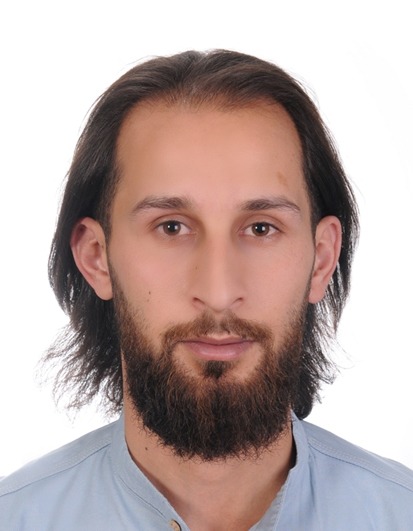People
Faculty
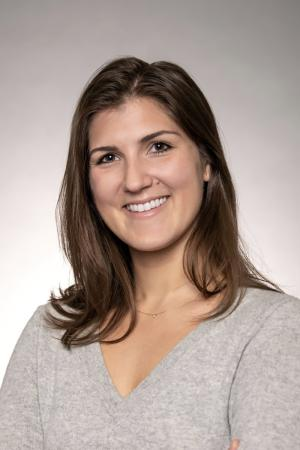
Emily Bongiovanni
Emily Bongiovanni (she/her) is the Open Knowledge Librarian at Carnegie Mellon University Libraries. In this role, she supports the advancement of open access publishing and open educational resources, as well as other “open” initiatives across the research lifecycle. Before joining CMU, Emily was the Scholarly Communications Librarian at Colorado School of Mines, where she supported faculty and students throughout the research lifecycle and promoted Open Science. She went to Denison University for her undergraduate degree and earned her Masters of Library and Information Science at the University of Denver.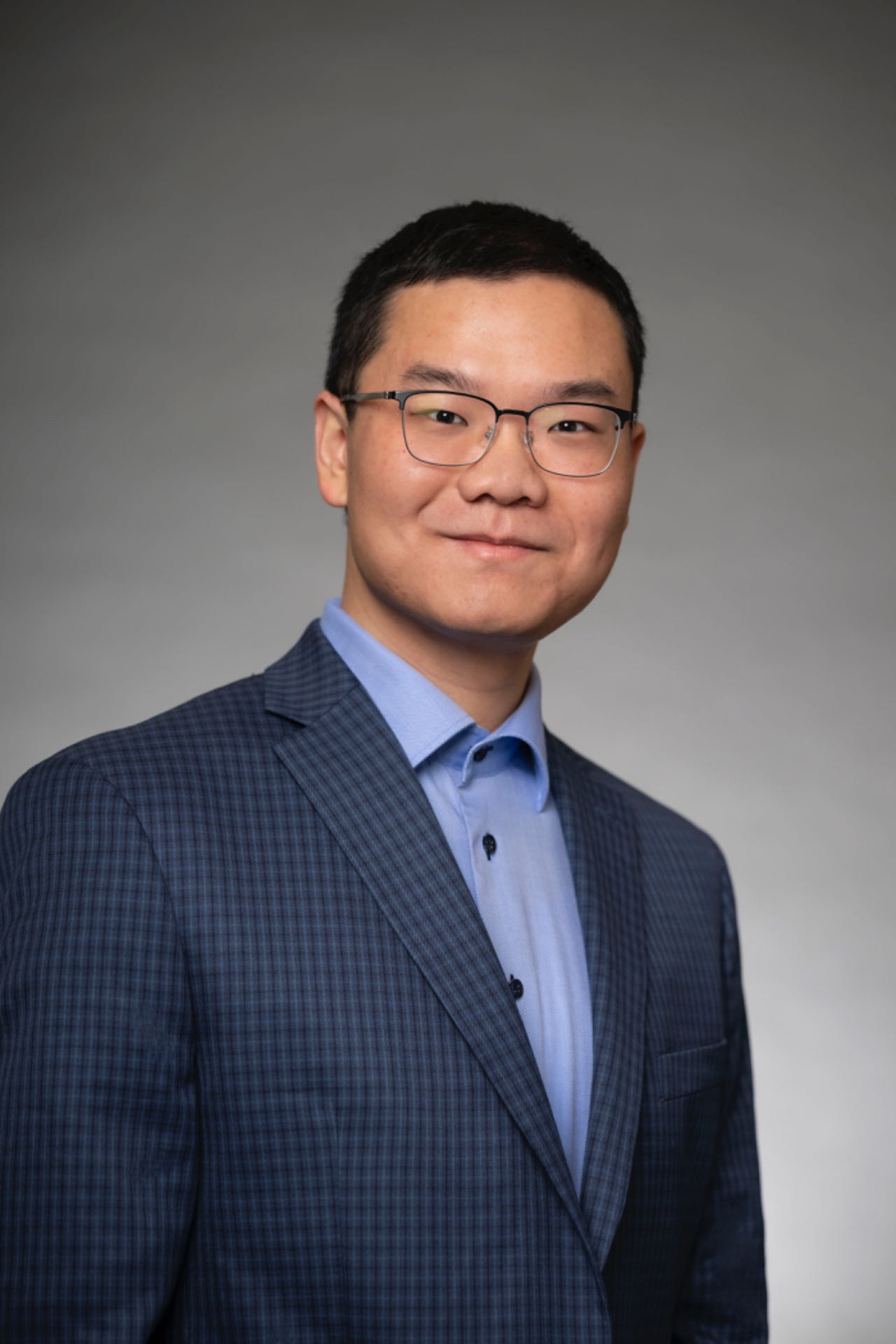
Haoyong Lan
Haoyong Lan is the engineering faculty librarian at CMU Libraries, where he conducts library instruction, research assistance, and collection development for students, faculty, and staff. His research interests include explainable artificial intelligence, engineering research competency, scientometrics, digital library, and information retrieval.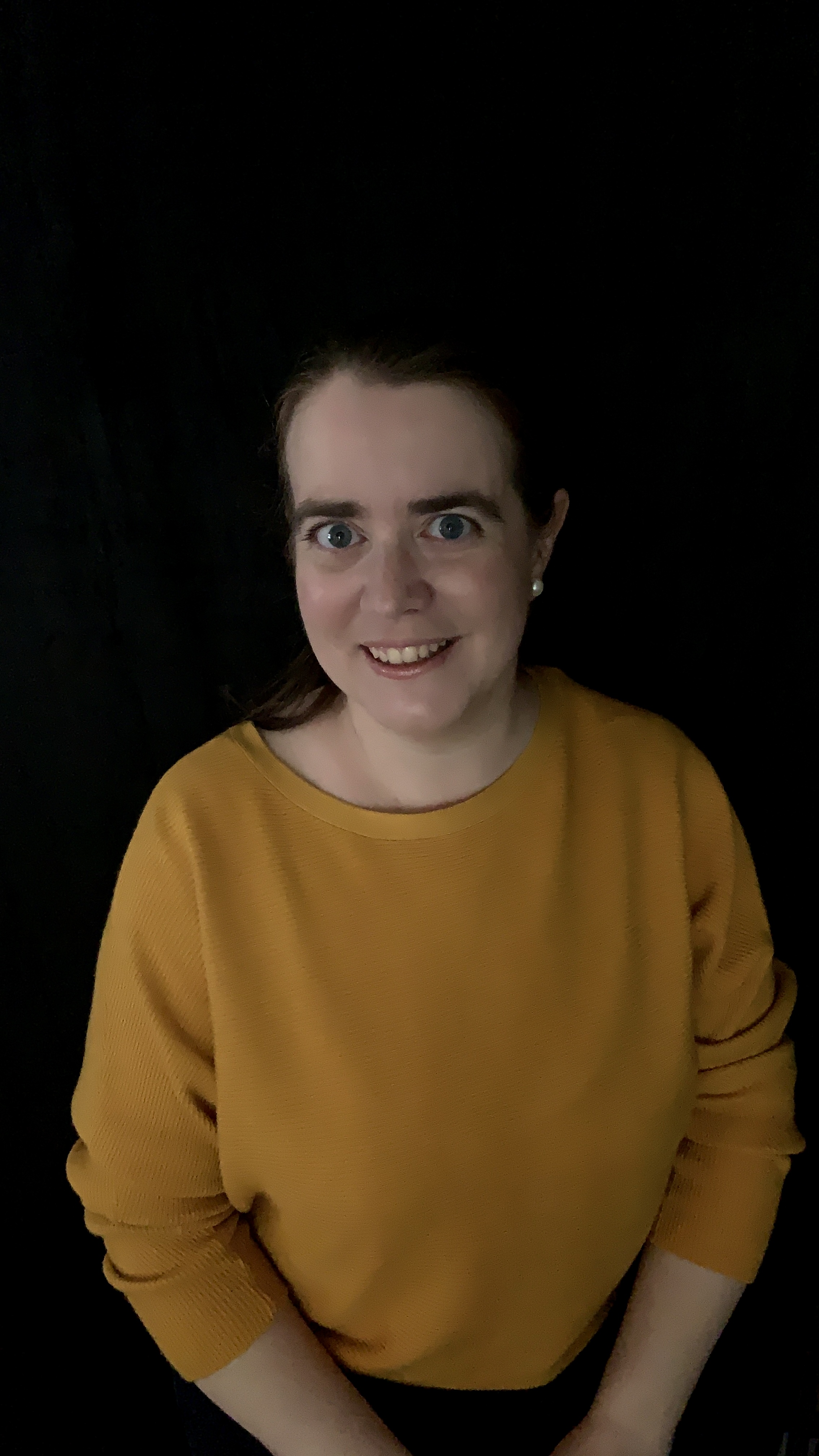
Corina Paraschiv
Corina Paraschiv cumulates fifteen years of experience in the private sector, spanning roles such as analyst, mixed methods researcher and product owner, in addition to her work as assistant researcher on post-surgical wearables and independent researcher on VR and surgery through Carnegie-Mellon University. Named Top 30 under 30 in IT by the Magazine Les Affaires, speaker of six languages and holder of two masters degrees and a cross-cultural communication certificate, Corina bridges several disciplines through everyday projects. In the talk at SICSS this year, Corina shares her work with designing an internal application for automated textual analysis classification and the adaptations to classic methodologies required for industry applications. Beyond her research, Corina explores interdisciplinary connections through creative projects at the intersection of design, movement, arts, technology, and linguistics—finding that these diverse perspectives often inform and enrich her approach to computational science.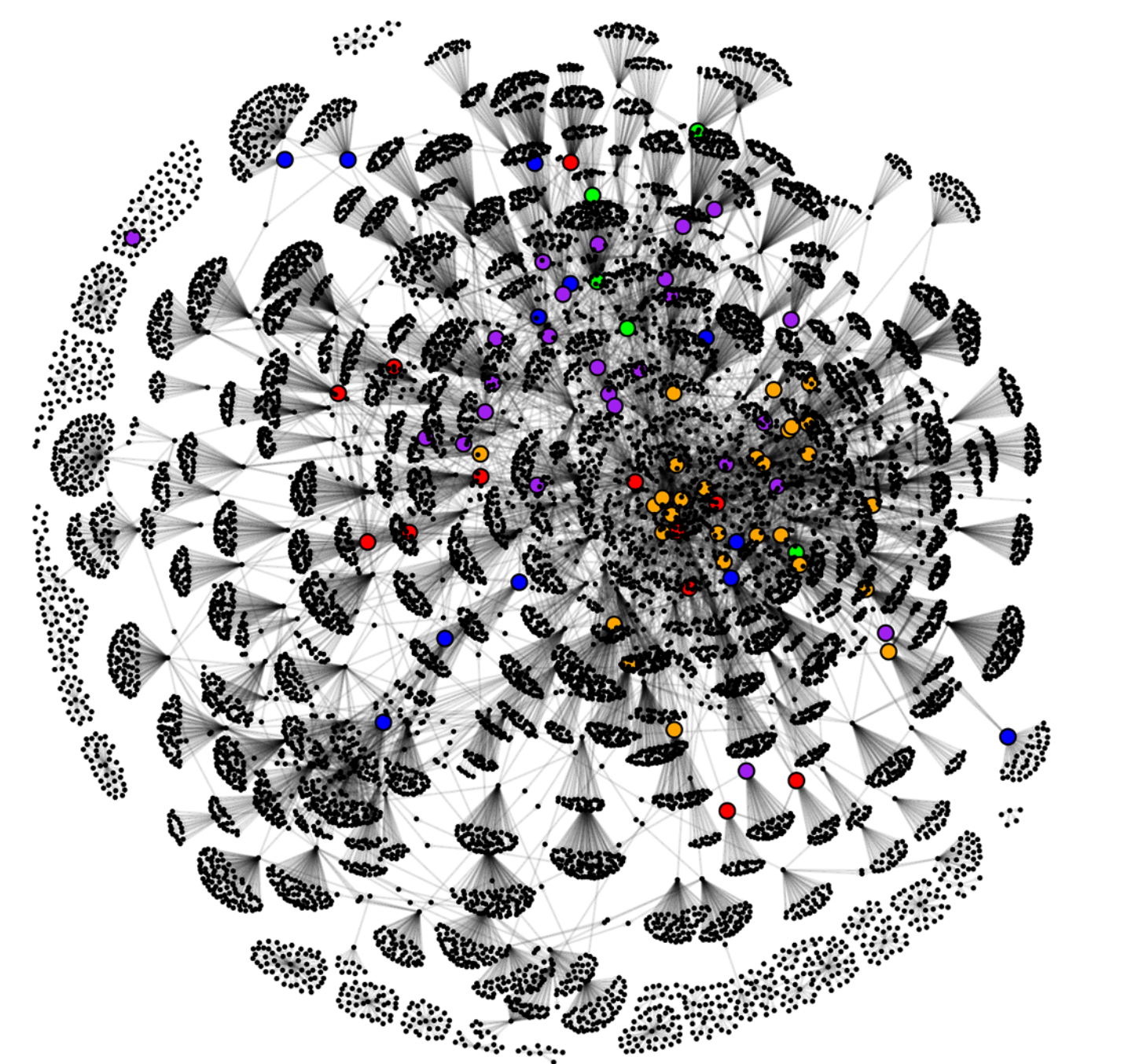
Scott Renshaw
Scott Leo Renshaw is a computational social scientist specializing in network analysis, complex social systems, and technologically-mediated social information environments. Currently a postdoctoral research associate under Kathleen M. Carley at Carnegie Mellon University's Center for Informed Democracy & Social-cybersecurity (IDeaS), he examines how micro-social interactions aggregate into macro-level phenomena through the analysis of crisis communication networks, digital information transmission, and social-cybersecurity communication strategies during meteorological and public health hazards and disasters. Scott holds a Ph.D. in Sociology from the University of California, Irvine, where he received training in Social Network Analysis under Carter T. Butts. As a first-generation college graduate, he is committed to making computational methods accessible to diverse audiences while integrating emerging technologies like generative AI into computational social science research toolkits, with an emphasis on hands-on learning and practical applications.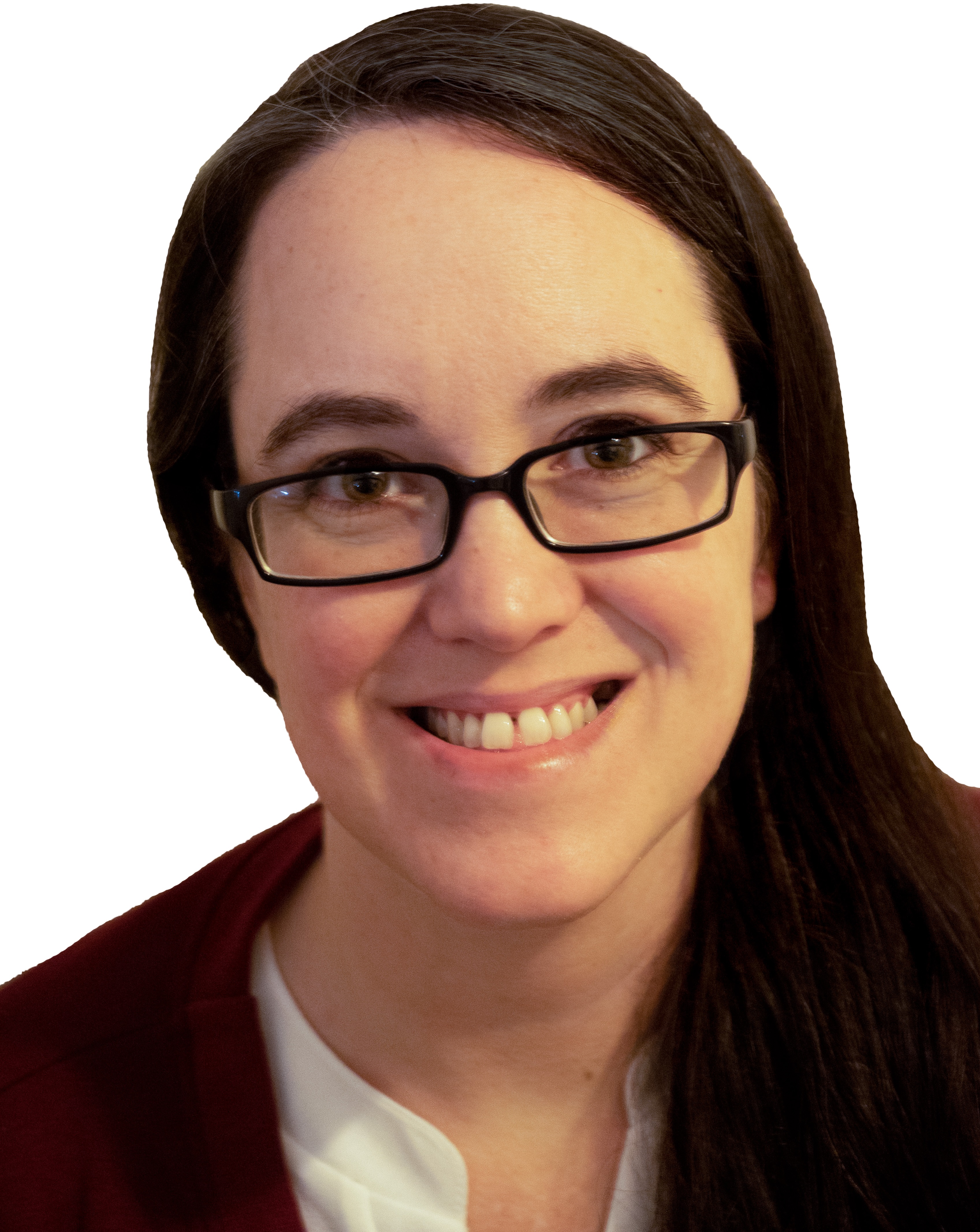
Kristen Scotti
Kristen Scotti is an Open Science Postdoctoral Research Associate at Carnegie Mellon University Libraries, where she integrates AI literacy into coding and machine learning workshops and conducts research on open science practices and machine learning-assisted evidence synthesis. She holds a Ph.D. in Materials Science and Engineering from Northwestern University, where she led interdisciplinary research on microgravity materials processing. Her work aims to bridge computational research, educational outreach, and public engagement, with a focus on accessibility, equity, and the responsible use of emerging technologies in science and scholarship.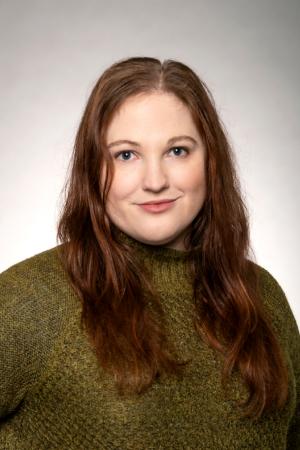
Emma Slayton
Emma Slayton serves as the Data Education Librarian at CMU Libraries. She has expertise in Data Visualization, Data and AI literacies, as well as GIS Specialist. She holds a PhD. in Archaeology from the University of Leiden and an MPhil from the University of Oxford. As a social scientist, she focused on using computer modeling analyze big data and have experience communicating that research to STEM and Humanities researchers or the public. She has specific expertise in supporting researchers and students develop their own data stories for publication and sharing.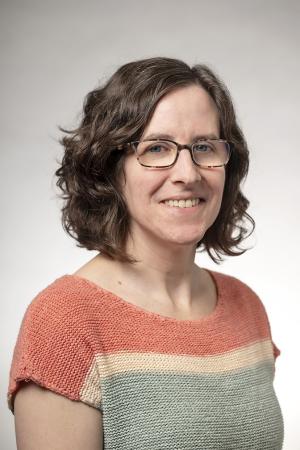
Sarah Young
Sarah is the liaison librarian for the Heinz College, and departments of Statistics & Data Science, Carnegie Mellon Institute of Strategy & Technology, and Information Systems, as well as co-liaison to CMU Africa. She holds Masters degrees in Library and Information Science from the University of Pittsburgh and Development and International Relations from Aalborg University in Denmark, as well as a certificate in Program Evaluation from Michigan State University. As a social sciences librarian and Director of the Evidence Synthesis Program, Sarah is broadly interested in the use and synthesis of research toward the improvement and evaluation of policy, programs and practice. She has expertise in literature searching and information management for systematic reviews and other types of evidence syntheses and provides methodological expertise on evidence syntheses across disciplines. Sarah also enjoys helping students, staff and faculty find social science data and statistics and learn to use open source writing, collaboration and data analysis tools like R, Zotero, and Open Refine.
Di Yoong
Di (they/them) is a Social Sciences Librarian at CMU where they primarily work with the departments of Psychology, Social and Decision Sciences, the Human-Computer Interaction Institute, and the Tartan Scholars program. Their research interest includes working with digital trace data to understand the formation of online communities, and also in creating and supporting accessible pedagogy to data literacies, digital skills, and technology. Di was a previous participant at SICSS-Hunter College.Speakers

Harry Hawkins
Harry J Hawkins IV is a Pittsburgh-based software engineer and artist. They work in Carnegie Mellon University's CREATE Lab, where they develop software, and craft data visualizations and narratives together with and in service of community members and organizations.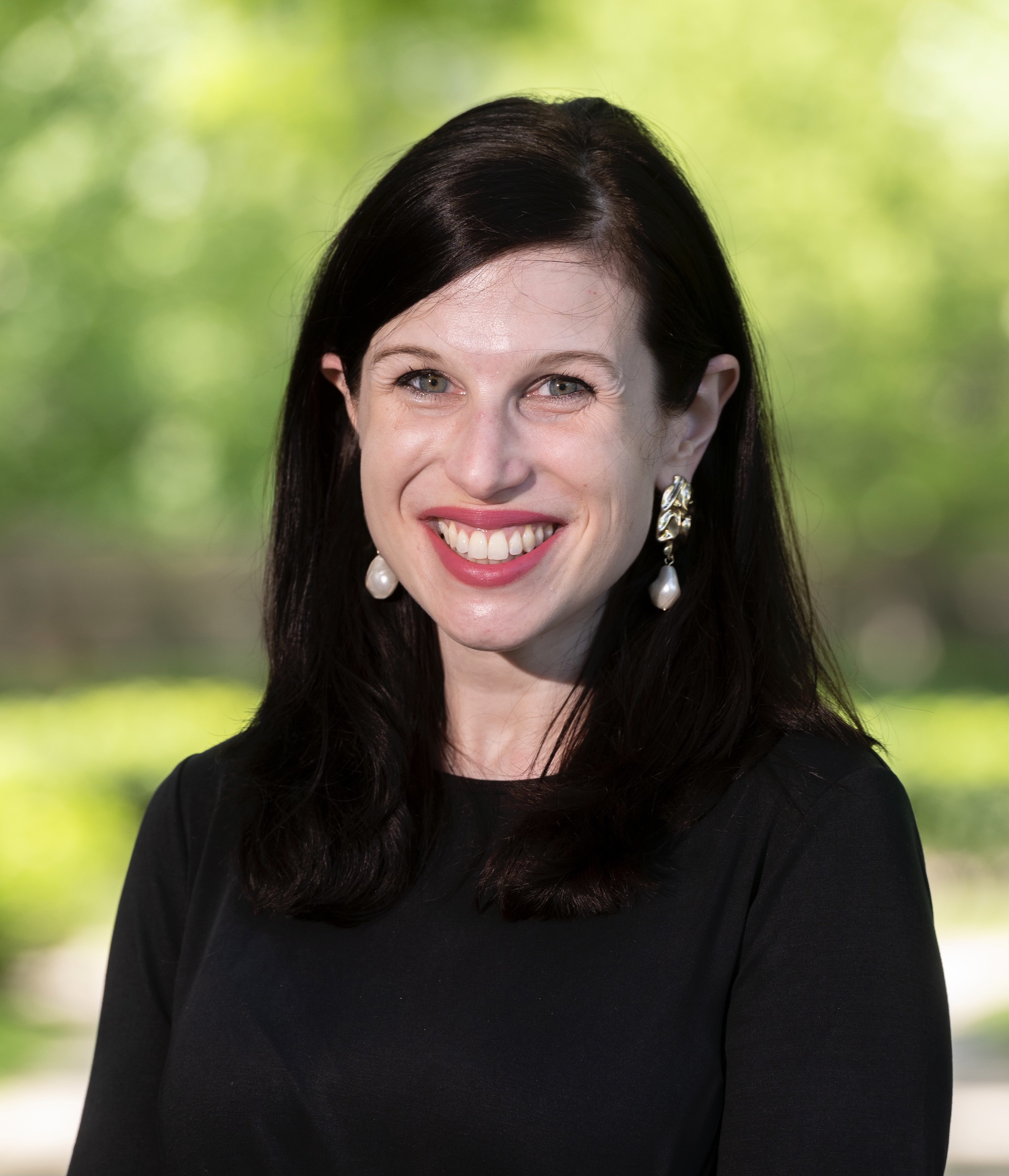
Eleanor Mattern
Eleanor 'Nora' Mattern is a Teaching Assistant Professor in the School of Computing and Information at the University of Pittsburgh and leads the Responsibility Program within the Responsible Data Science Initiative. Her teaching and research focus on archives and digital curation, community-centered information work, and information policy. As Principal Investigator of the Institute of Museum and Library Services-supported Civic Switchboard Project, she works to build libraries' capacity as data intermediaries, connectors between communities and the data about them. Prior to her current position, Nora held digital scholarship and scholarly communications roles at the University of Chicago Library and the University of Pittsburgh Library System.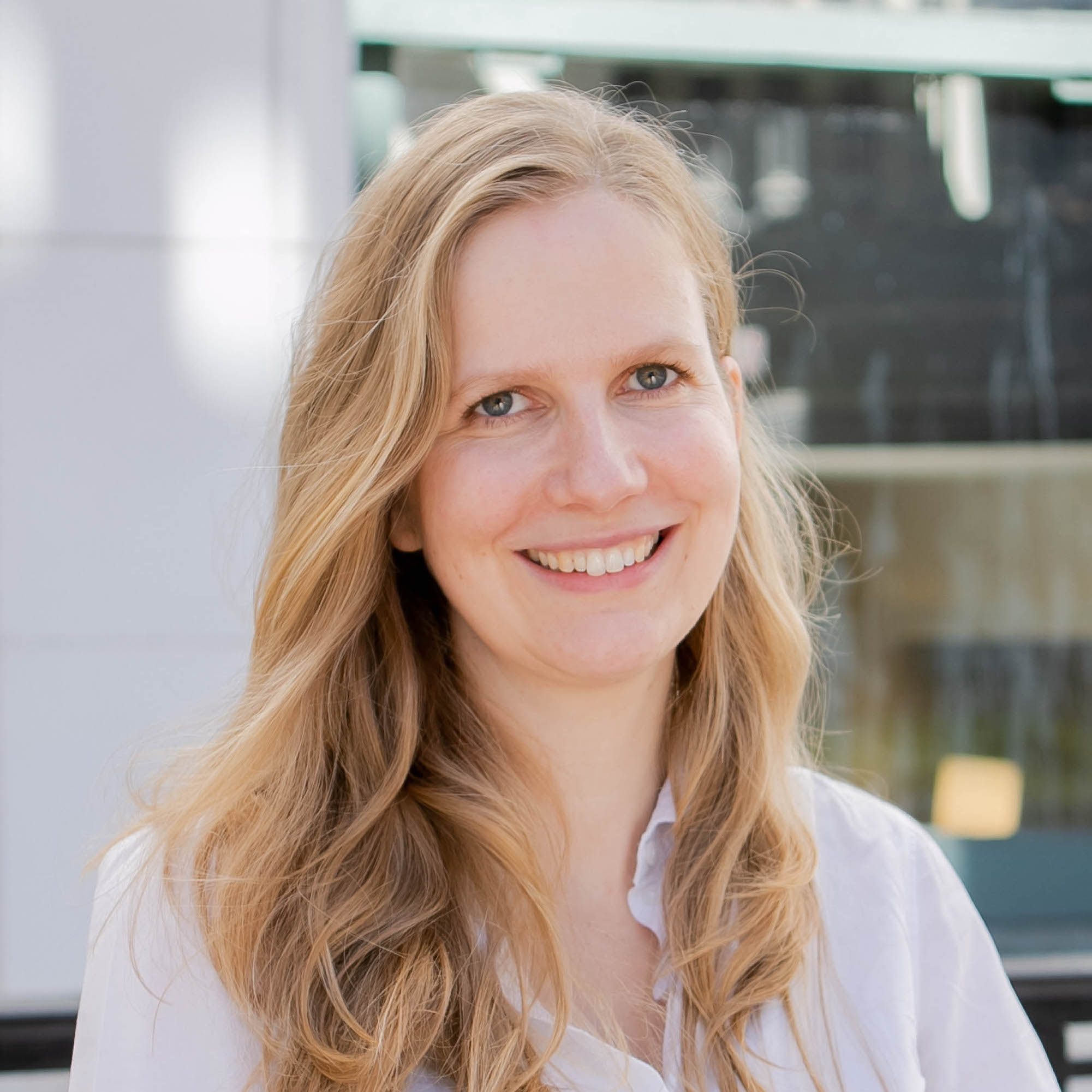
Nynke Niezink
Nynke Niezink is an Assistant Professor in the Department of Statistics and Data Science and an affiliated faculty member of the Heinz College of Information Systems and Public Policy. She received her PhD in Sociology, her MSc’s in Applied Mathematics and Social and Behavioral Sciences, and her BSc’s in Mathematics and Pedagogical Sciences from the University of Groningen. Niezink's methodological research interests include social network analysis and statistics for the social sciences and humanities broadly. Much of her statistical work and software development is inspired by interdisciplinary collaborations, including in education, health sciences, organizations, and criminology. Her research has been supported by an NSF MMS Award, a Russell Sage Foundation Small Grant, and various NIH grants, amongst others.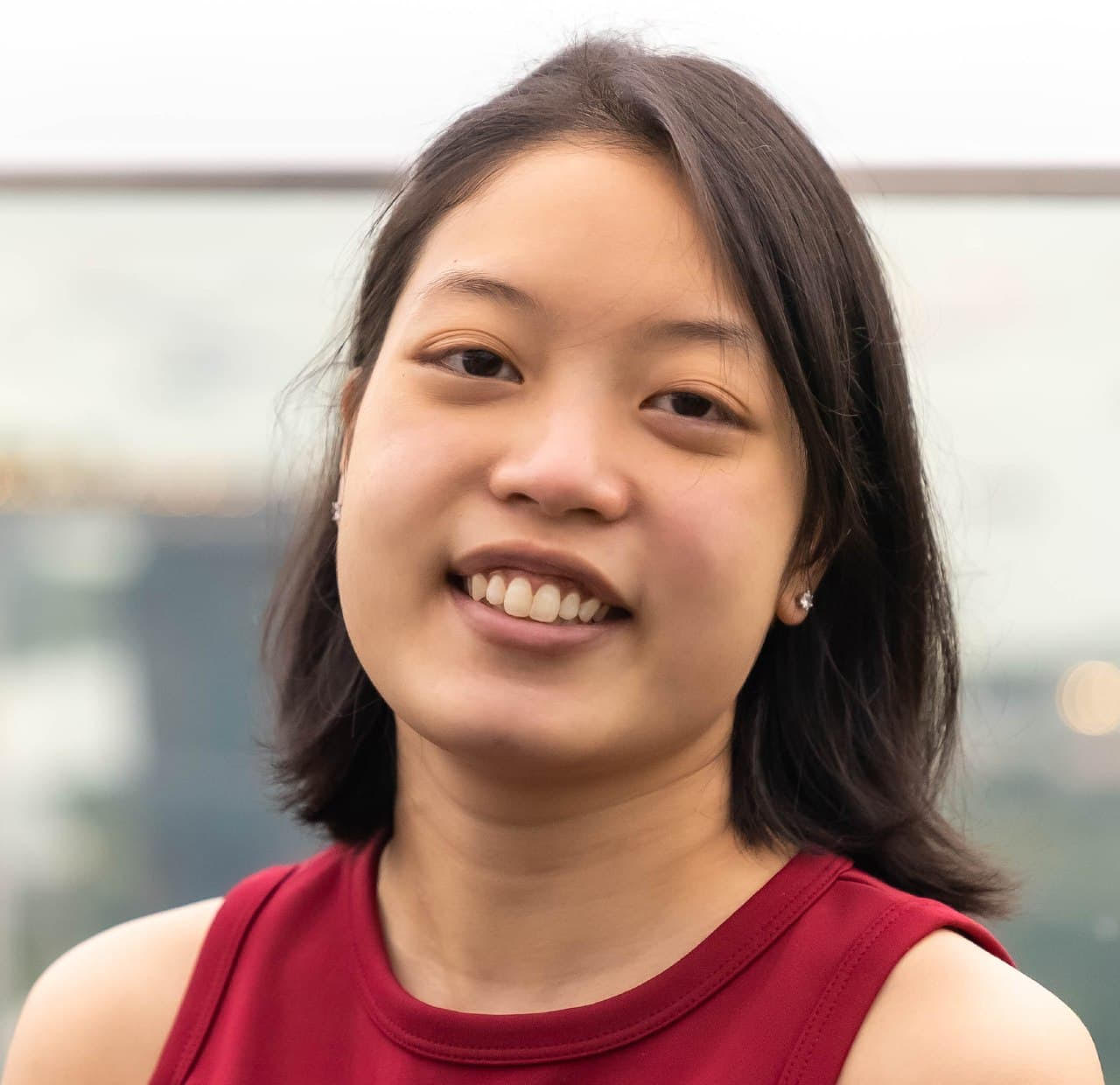
Lynnette Ng
Lynnette is a PhD student in the Societal and Software Systems department through the School of Computer Science at Carnegie Mellon University. Her research focuses on studying behavioral interactions between automated agents and humans on social media through the use of natural language processing, network science and agent based simulation methods.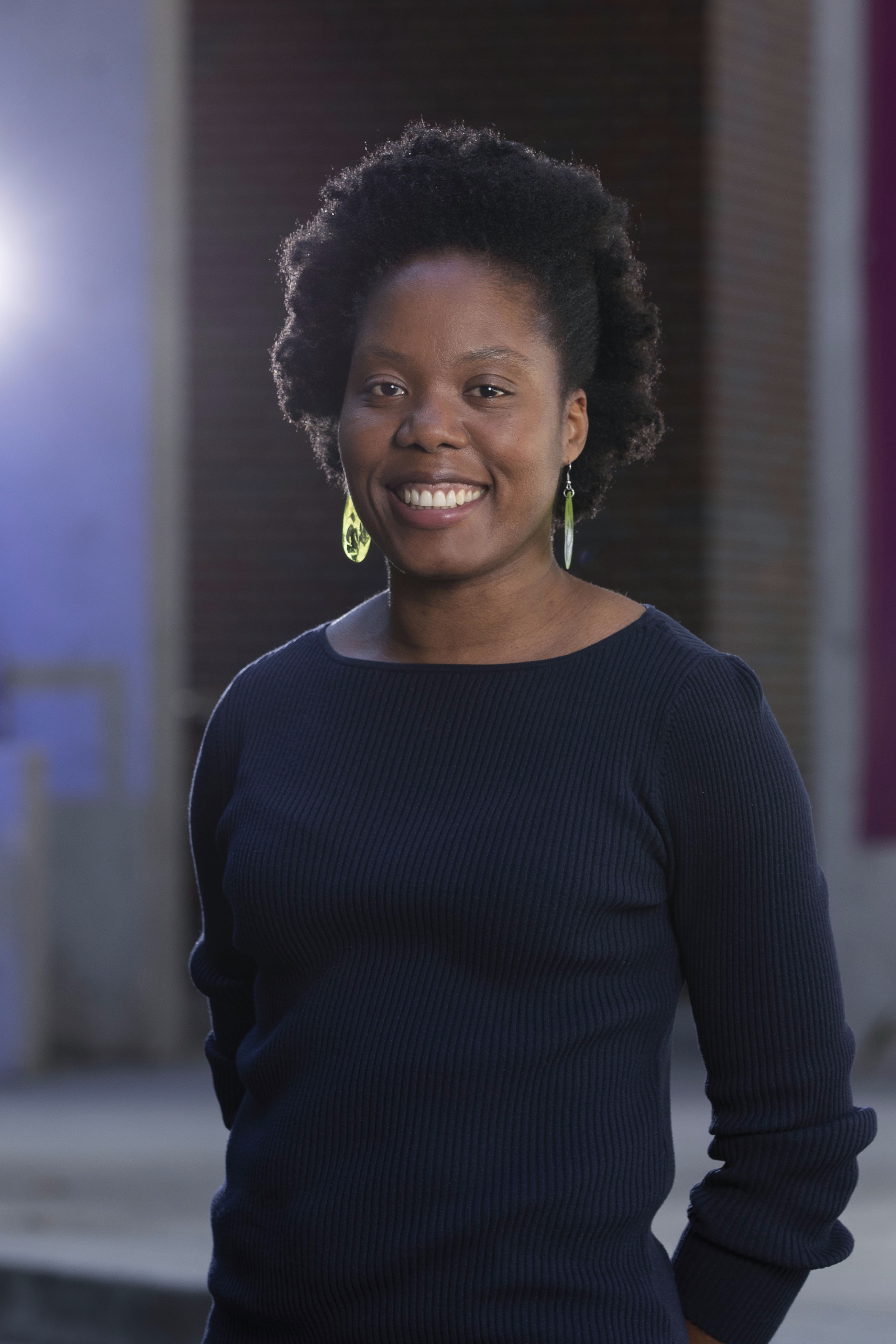
Vernelle Noel
Vernelle A. A. Noel, Ph.D. is an Assistant Professor of Computational Design and Director of the Situated Computation + Design Lab at Carnegie Mellon University. Her work is at the intersection of craft, making practices, and computation. Using interdisciplinary approaches, Dr. Noel examines technical, socio-cultural, and historical aspects of craft and making to develop new frameworks, concepts, and methodologies in computational design research, practice, and pedagogy. She employs computational tools, methods, and technologies to repair knowledges and techniques, and reveal new possibilities for practices. Dr. Noel’s work has been supported by the Graham Foundation, the Mozilla Foundation, and ideas2innovation (i2i), among others. She is co-editor of the new book, “Critical Computational Relations in Design, Architecture and the Built Environment” with Dr. Yana Boeva and has a TEDx Talk titled, “The Power of Making: Craft, Computation, and Carnival.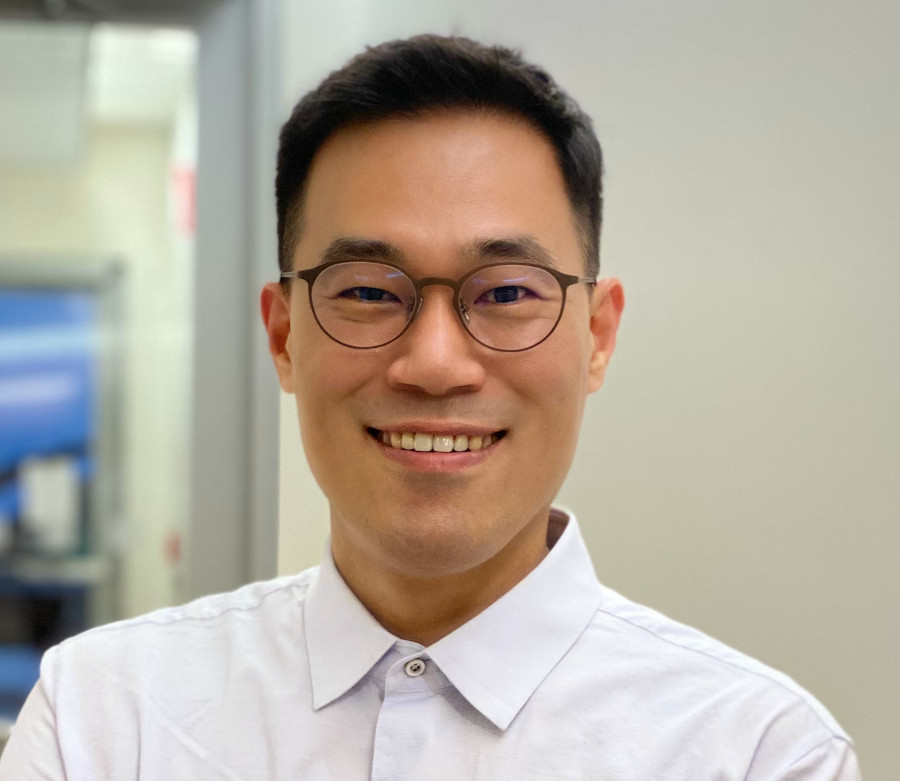
Patrick Park
Patrick Park is a computational social scientist whose research delves into the structure and evolution of large-scale social networks. His work examines how people form and sustain social ties and how broader social, economic, and environmental contexts influence this process. His research spans several thematic intersections, including social contagion, economic sociology, social psychology, the diffusion of innovation, and social movements, all supported by empirical data capturing population-scale online social interactions. Patrick actively seeks interdisciplinary collaboration with researchers from diverse fields, including computer science, applied mathematics, social sciences, and management science. His research has been published in journals such as Science, Social Networks, PLoS One, Lecture Notes in Computer Science, and Big Data and Society. Currently, Patrick is assistant professor in the Software and Societal Systems Department (S3D) at Carnegie Mellon University's School of Computer Science. Prior to joining CMU, he was a postdoctoral fellow at the University of Michigan and Northwestern University. He earned his doctoral degree in sociology from Cornell University.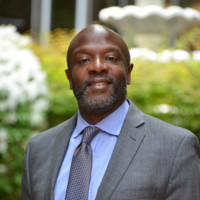
M Williams Sermons
M William Sermons serves as Vice President for Performance and Business Intelligence at Volunteers of America and Adjunct Professor at Carnegie Mellon University's Heinz College. With an interdisciplinary background combining technical expertise and social policy application, Dr. Sermons holds a PhD in Civil Engineering from Northwestern University and a Master's in Social Work from Catholic University. His career spans the intersection of data science and social impact, having held leadership positions at prominent organizations including the National Alliance to End Homelessness, the Center for Responsible Lending, and Catholic Charities USA. This diverse experience allows him to bridge theoretical research with practical applications addressing pressing societal challenges. At Carnegie Mellon, Dr. Sermons teaches 'Using R for Policy Data Analysis,' where he equips students with computational skills to analyze public datasets and analyze demographic trends in policy outcomes using open-source tools. His work exemplifies how computational methods can be leveraged to ensure fairness and inform evidence-based policymaking.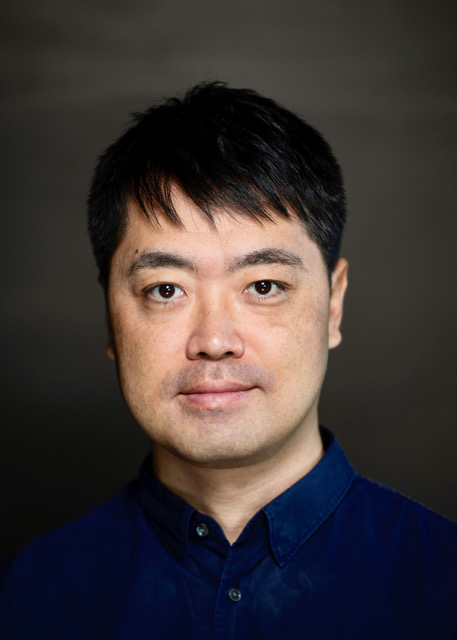
Hirokazu Shirado
Hirokazu Shirado is an Assistant Professor of the Human-Computer Interaction Institute in the School of Computer Science at Carnegie Mellon University. He received his doctorate in Sociology at Yale University, where he was a member of the Yale Institute for Network Science. He is committed to the experimental study of cooperative behaviors as they manifest through interactions between people located within social networks. His recent focus is on hybrid systems of humans and machines.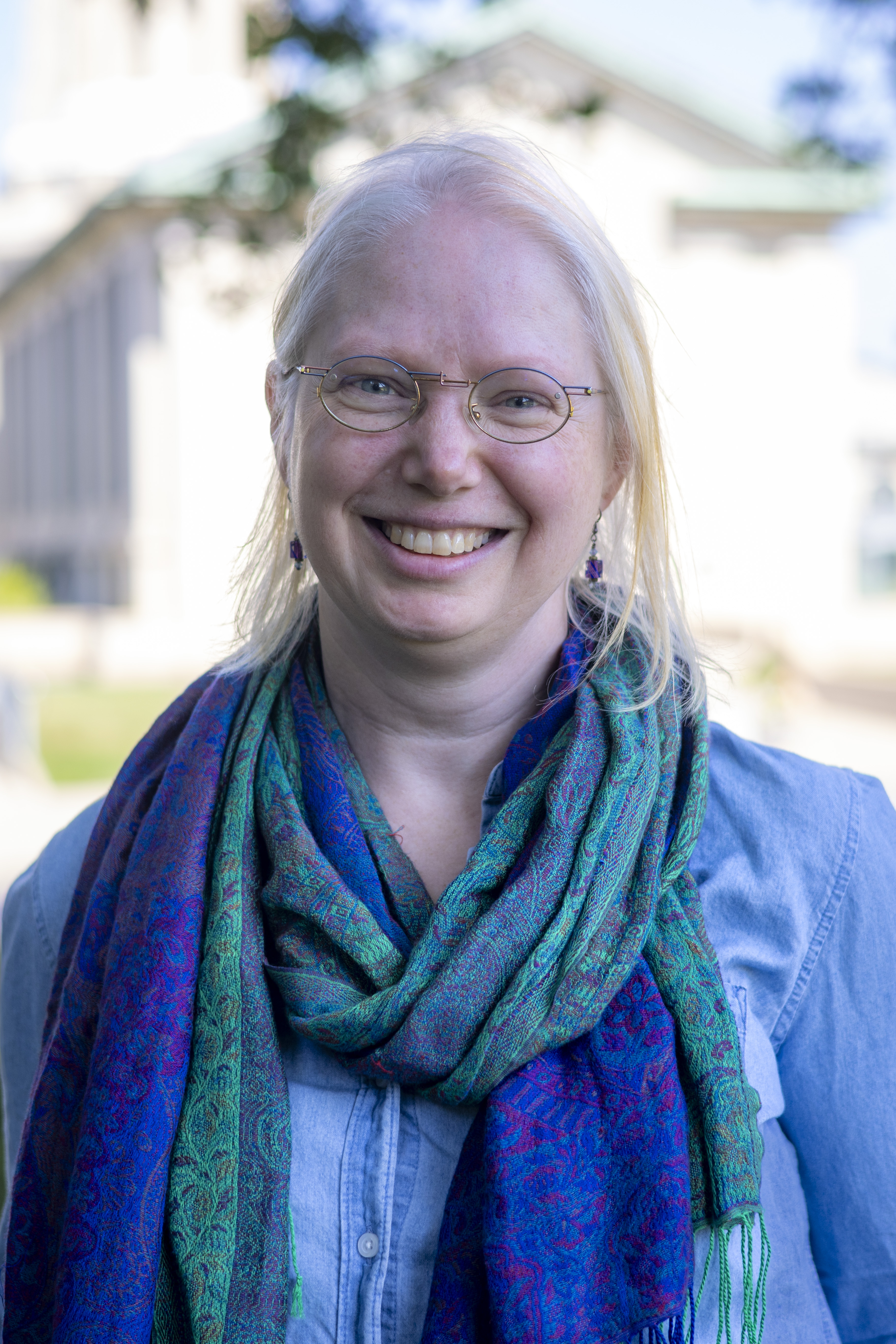
Olivia Wells
Olivia Wells is the Coordinator for Cultural Change for the Center for Shared Prosperity at Carnegie Mellon University, where she works on modifying university processes to facilitate community engagement with community organizations. Olivia is currently focused on increasing the university’s spending with small local businesses, easing processes related to community-based research, and elevating community engagement work at CMU. Olivia has worked at Carnegie Mellon since 2013, and she lives with her family in Pittsburgh’s Squirrel Hill neighborhood.Teaching Assistants
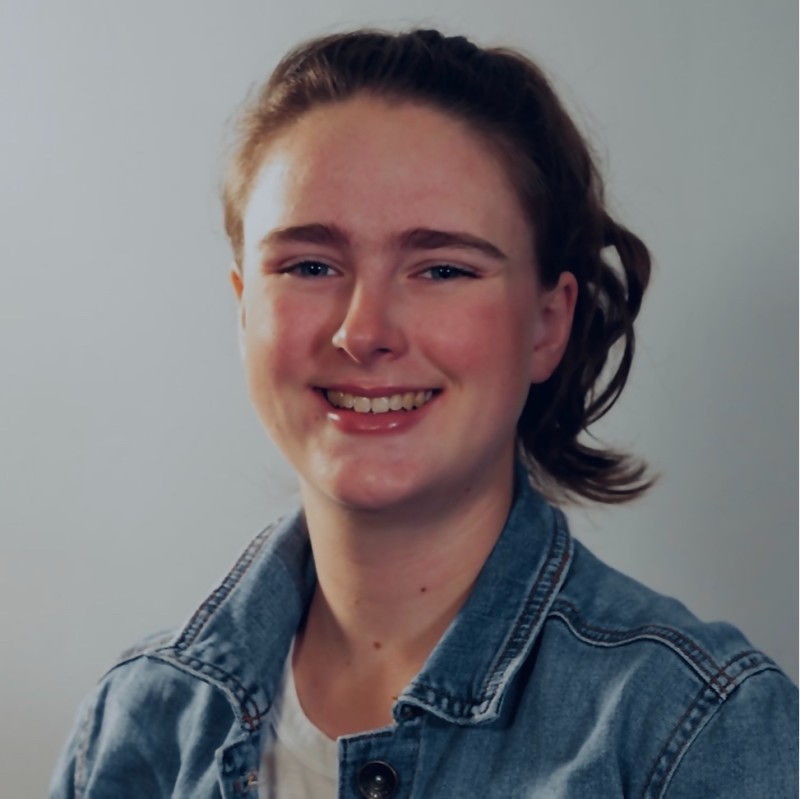
Elizabeth Cucuzzella
Elizabeth Cucuzzella is a PhD student in the Department of Statistics and Data Science through Dietrich College. Her research focuses on uncertainty quantification and modeling of complex systems through machine learning and artificial intelligence. Current and past research projects include sensitivity analysis through surrogate modeling of ocean systems and multi-scale analysis for cyclone intensity forecasting. Elizabeth has taught Machine Learning and Data Science through previous institutions.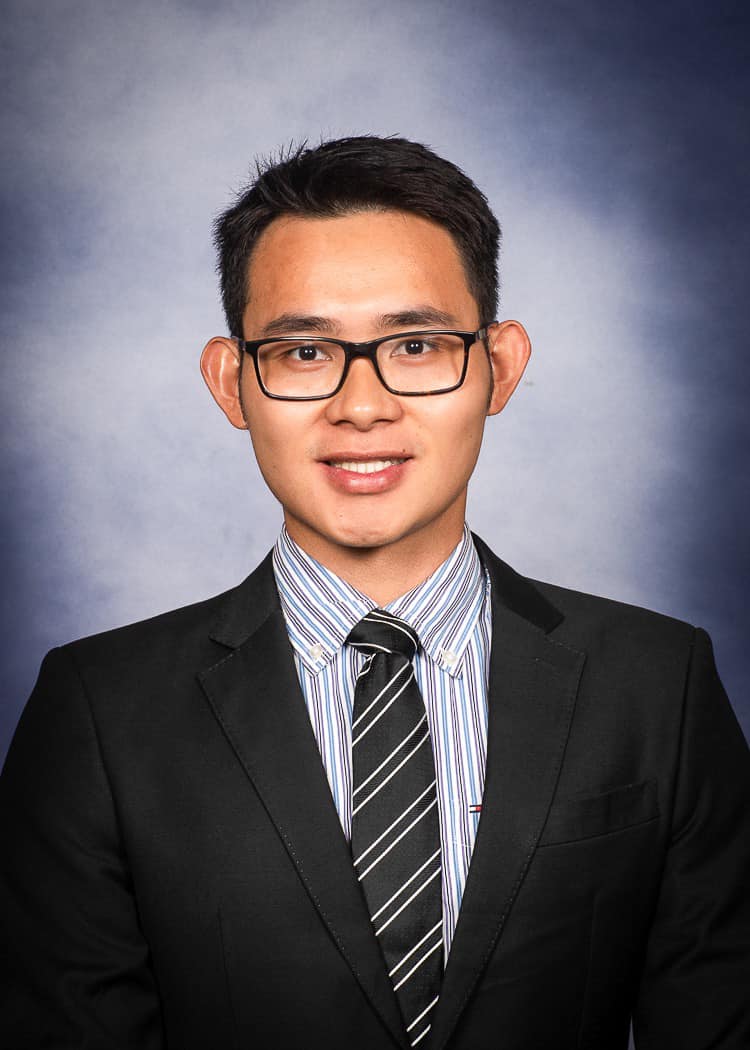
Vu Hoang
Vu Hoang is a Ph.D. student in the Information Systems program at Heinz College, Carnegie Mellon University. His research focuses on developing high-performance and interpretable machine learning models to support ethical decision-making. Before joining CMU, Vu worked as an analytics engineer in Vietnam, where he specialized in building recommendation systems for long-tail items, improving their visibility and engagement.Participants
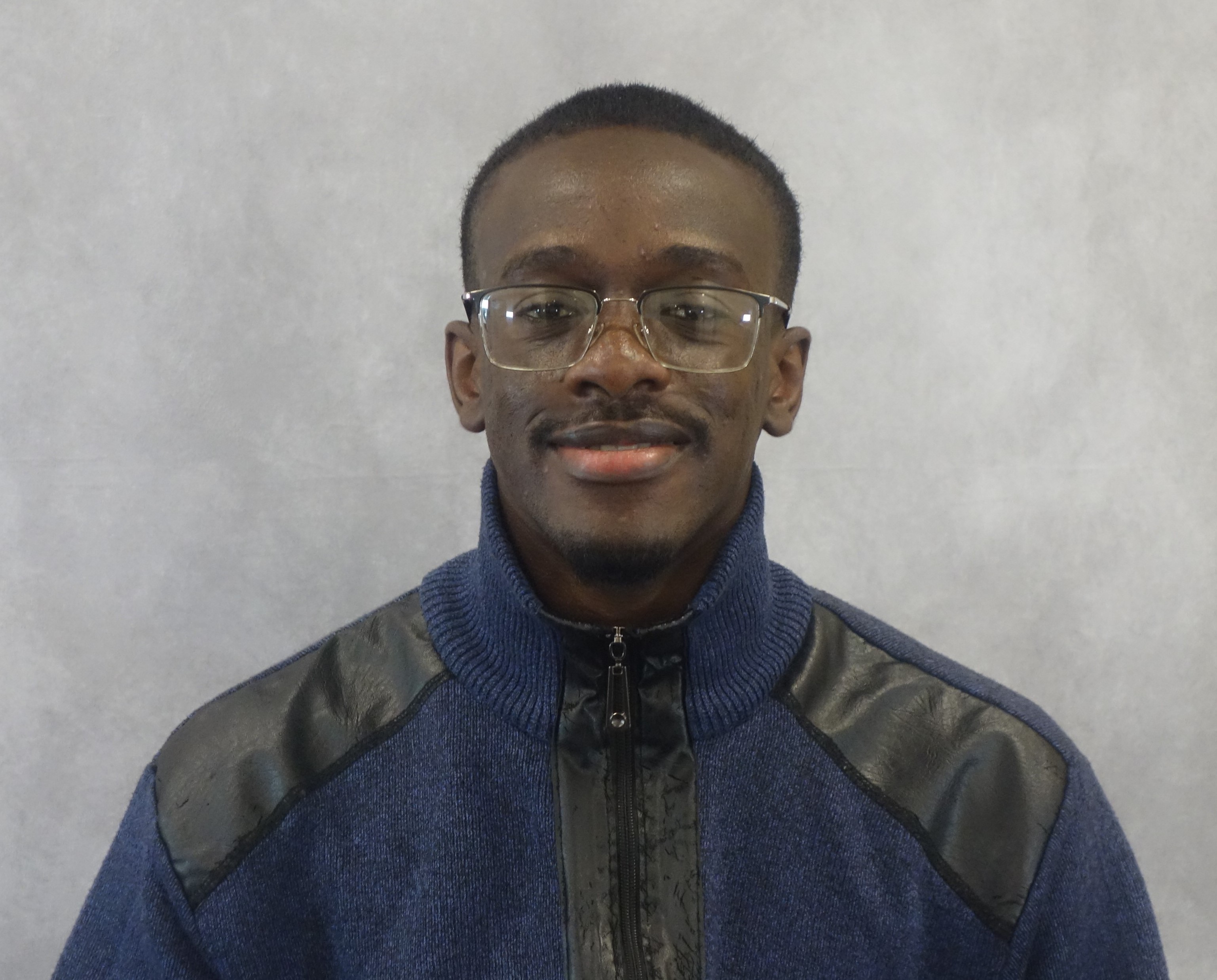
Joel Atikemah
I am a graduate student in the Healthcare Analytics and Information Technology program at Carnegie Mellon University, with a strong interest in applying computational methods in addressing critical healthcare challenges. As a new health technologist, I would love to understand how to develop more impactful technologies, in societal context, and focus less on fancy, less impactful efforts.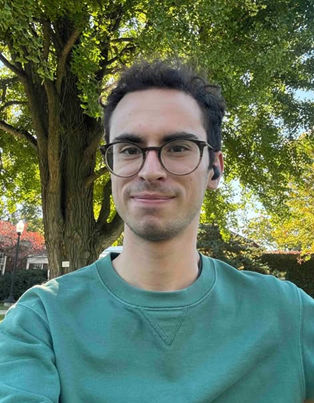
Andrew Aquilina
Andrew Aquilina is a Ph.D. student in the Information Science program at the University of Pittsburgh. His research is centered on socially-aware natural language processing technologies and their applications in human behaviour analysis, mental health support, and digital societal cohesion. He previously earned a master's in AI from Stockholm University and a bachelor's in AI from the University of Malta.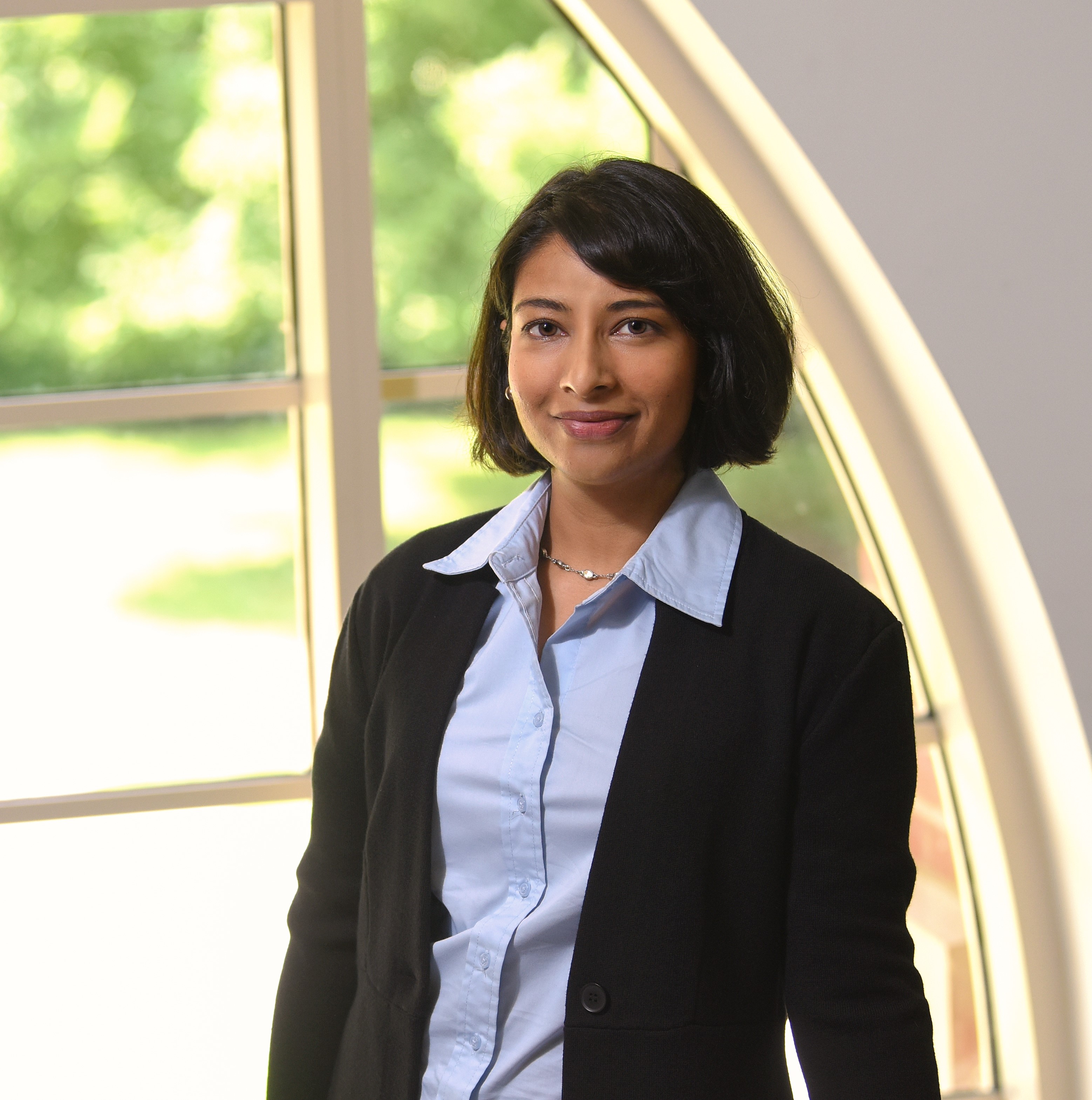
Soundarya Chidambaram
Soundarya Chidambaram is an Assistant Professor of Political Science at Bucknell University. She specializes in comparative politics with a focus on India/South Asia. Her research interests include civil society, religious nationalism, populism, urban politics, and governance. Dr. Chidambaram holds a Ph.D. from The Ohio State University, where she won the Henry R. Spencer for Best Dissertation in 2012.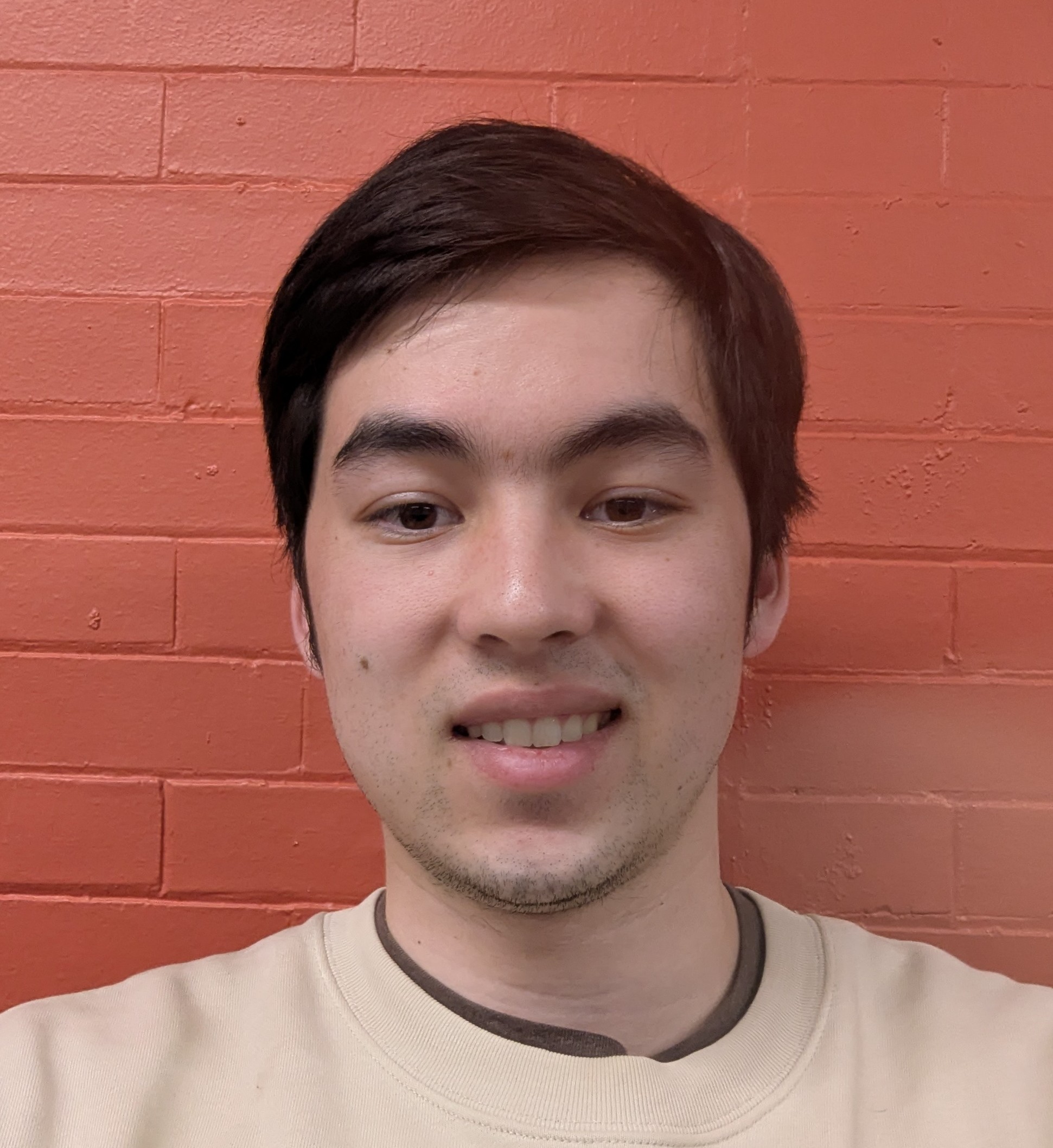
Kieran Elrod
Kieran Elrod is a PhD student in Civil and Environmental Engineering at Carnegie Mellon University. His research focuses on how social infrastructure influences social networks and social capital with the goal of designing the built environment to be social. His research interests include sensing technology for the estimation of social networks, agent-based modeling, and complex systems for urban design. He holds a BS in Structural Engineering from the University of California, San Diego.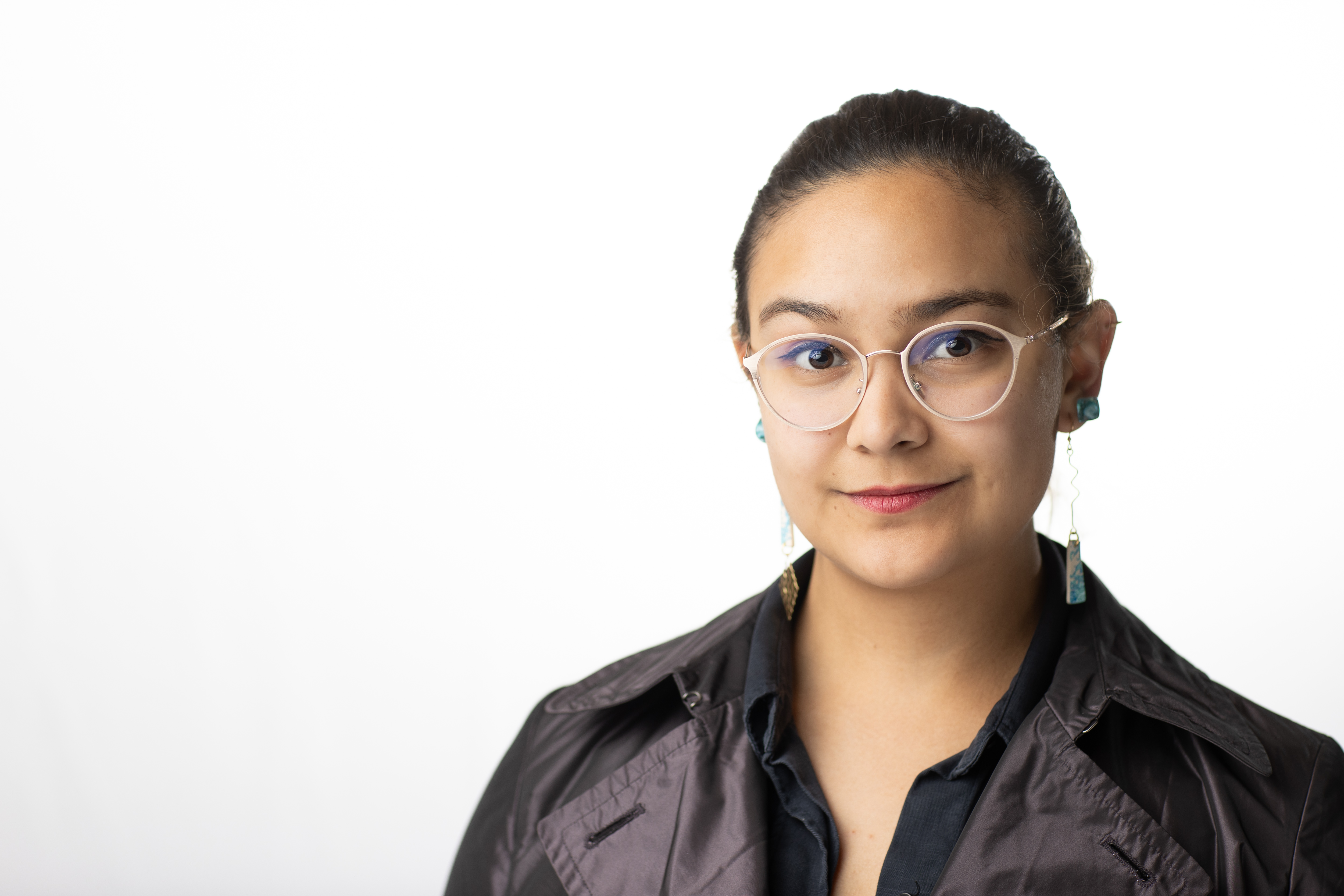
Silvia Ferrer
Silvia Ferrer (she/her) is a graduate student at Carnegie Mellon University interested in the intersections between arts and culture, environment, and identity. Throught research, she hopes to improve her skills and enter the workforce in grant giving and strategic partnerships.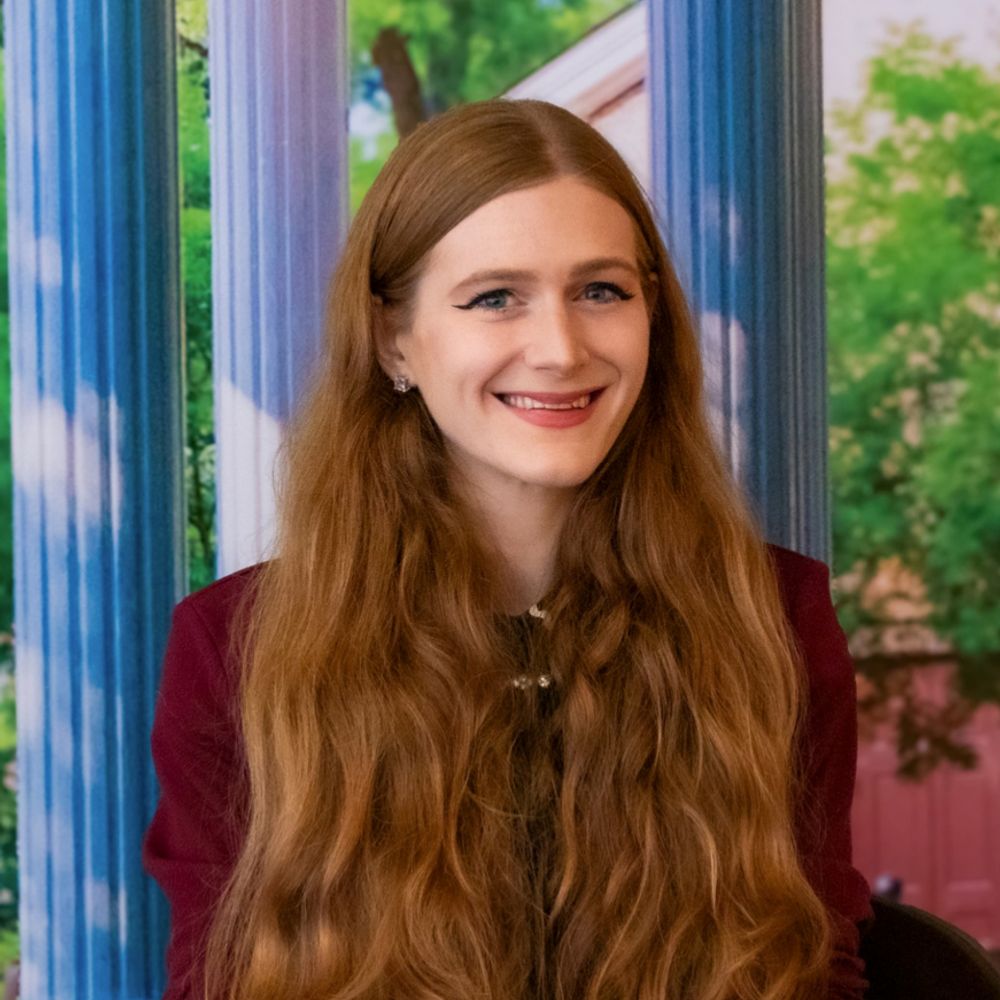
Katie Furl
Katherine (Katie) Furl is an incoming Assistant Professor of Sociology at the University of North Dakota. She employs mixed methods to investigate how inequalities related to gender, race, and class operate across digital platforms. She hopes to develop her computational skills so she can confidently integrate CSS into her pedagogy and emerging research agenda.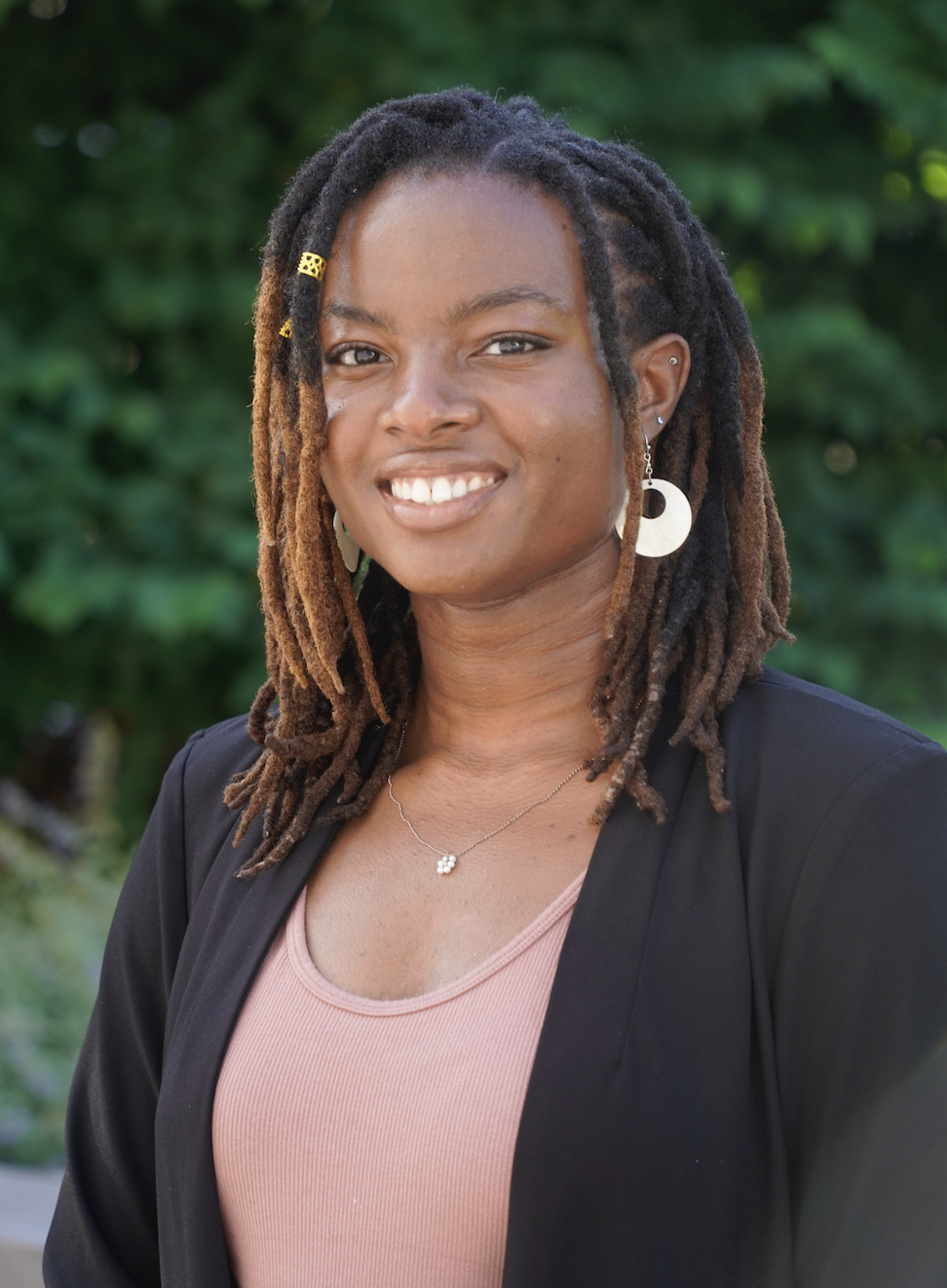
Stacy Godfreey-Igwe
Stacy Godfreey-Igwe is a PhD Student in the Department of Engineering and Public Policy at Carnegie Mellon University. Her research broadly applies statistical models to understand the impact of extreme temperatures upon residential energy consumption for disadvantaged communities. Previously, she spent a few years working in the science policy space and holds a double major BS from MIT in Mechanical Engineering and African & African Diaspora Studies.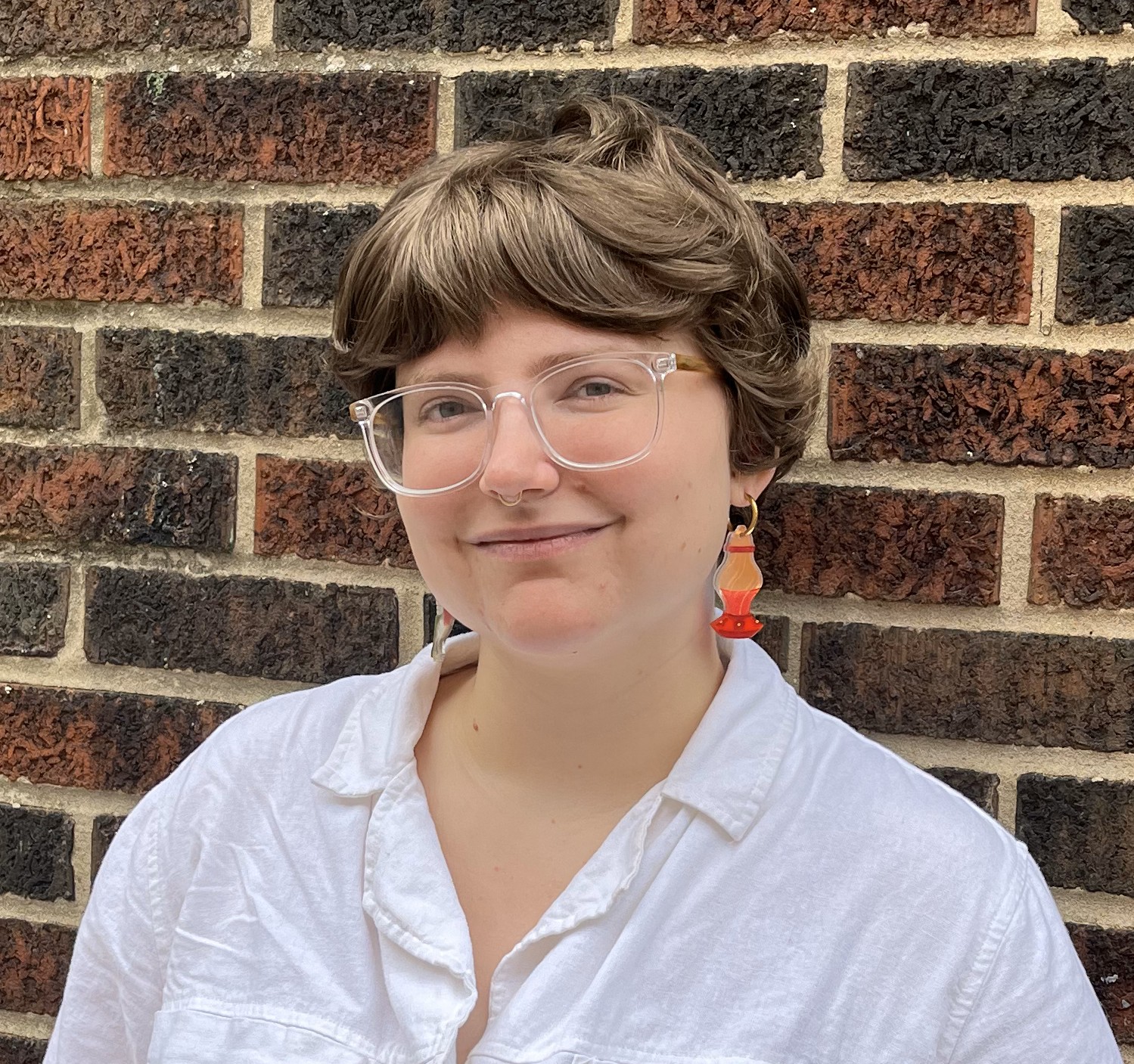
Rachel Jones
Racheal Jones is a graduate student of Public Policy & Management at Carnegie Mellon University. She received her Bachelor's of Arts in Sociology from the University of Florida where she studied family violence and examined racial bias in perceived worthiness of housing candidates. Her professional and academic interests include demography, public health and housing policy, and sustainable economic development.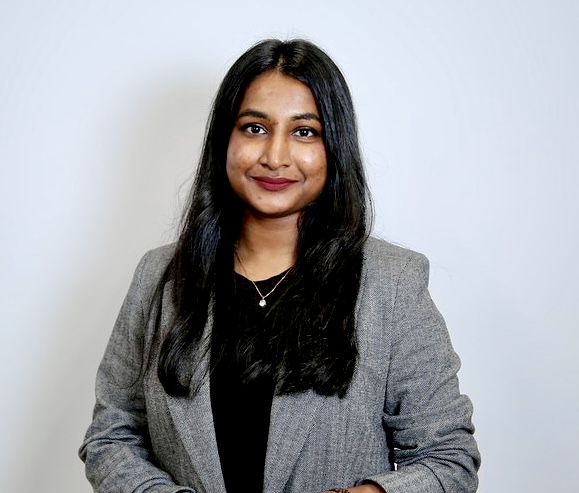
Sadia Kamal
I am Sadia Kamal, a PhD student in the Department of Computer Science at Oklahoma State University. My research focuses on natural language processing, social network analysis, and data mining, with a broader interest in leveraging computational methods to extract meaningful insights from complex social data. I am particularly interested in addressing bias and fairness challenges in large language models and understanding the social dynamics of digital discourse. Through interdisciplinary collaboration and innovative methodologies, I aim to advance the field of computational social science while promoting responsible and ethical AI practices.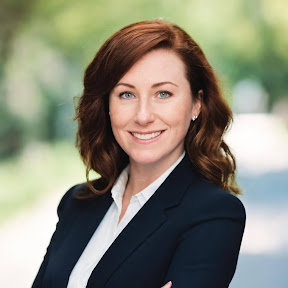
Megan Kearns
Megan has been with Carnegie Mellon University's CyLab Institute of Security and Privacy since 2011 and leading their education outreach program, picoCTF, since 2017.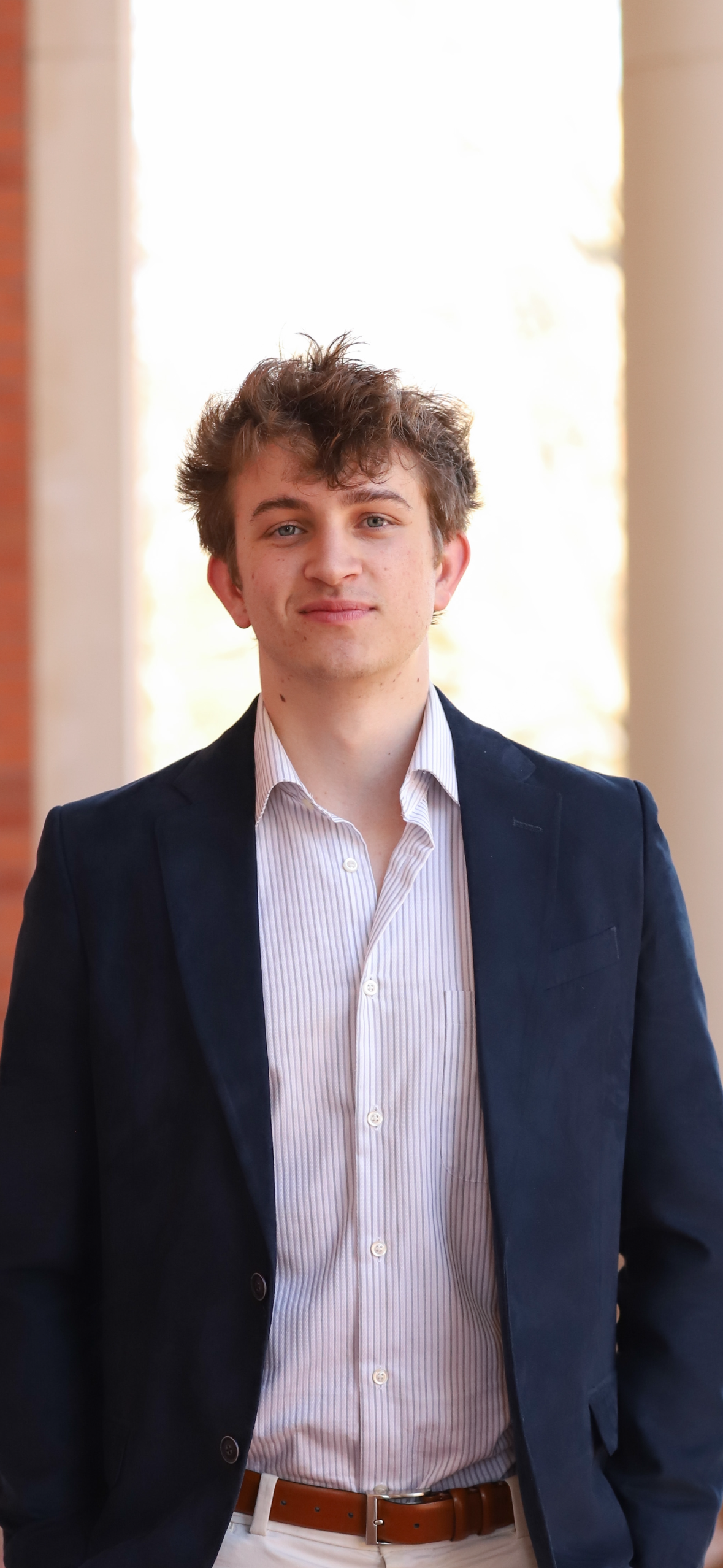
Garrett Kent
I am a master’s student in Public Policy & Data Analytics at Carnegie Mellon University. My research has focused on the intersection of technology, labor economics, and education, with an emphasis on applying rigorous empirical methods to public policy issues. I have worked on projects related to online disinformation, open science and AI for education, and the impact of emerging technologies on the workforce.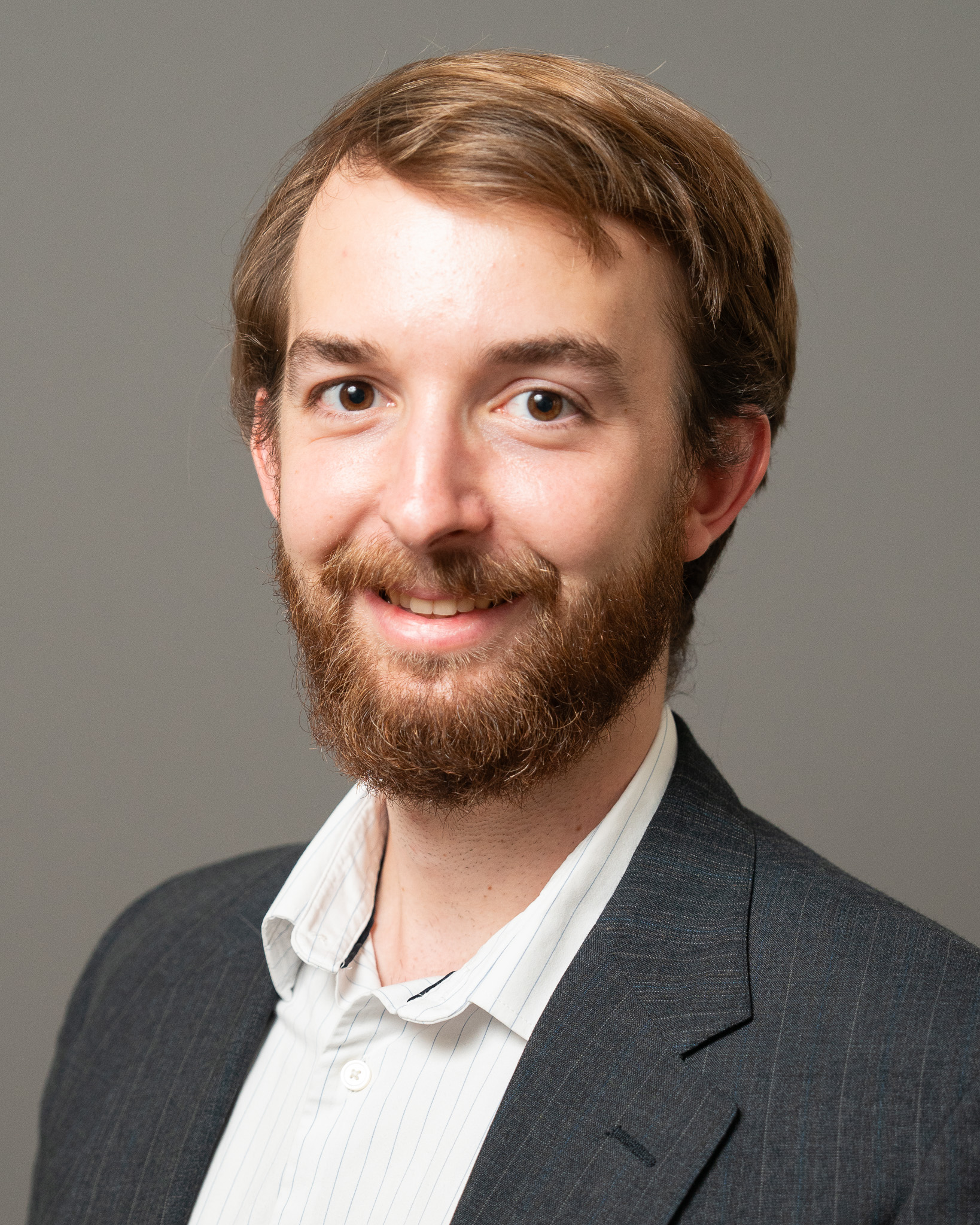
John Mantus
John Mantus is a first year PhD student in Engineering and Public Policy at Carnegie Mellon University's College of Engineering where he is advised by Dr. Nicholas Muller. His work focuses on the economic consequences of power outages and equity considerations in the vehicle electrification transition. Prior to Carnegie Mellon, John studied economics and math at the University of Rochester and served as a research assistant at the American Enterprise Institute in Washington, D.C., where his work focused on Social Security, the federal budget, and computational models of election processes.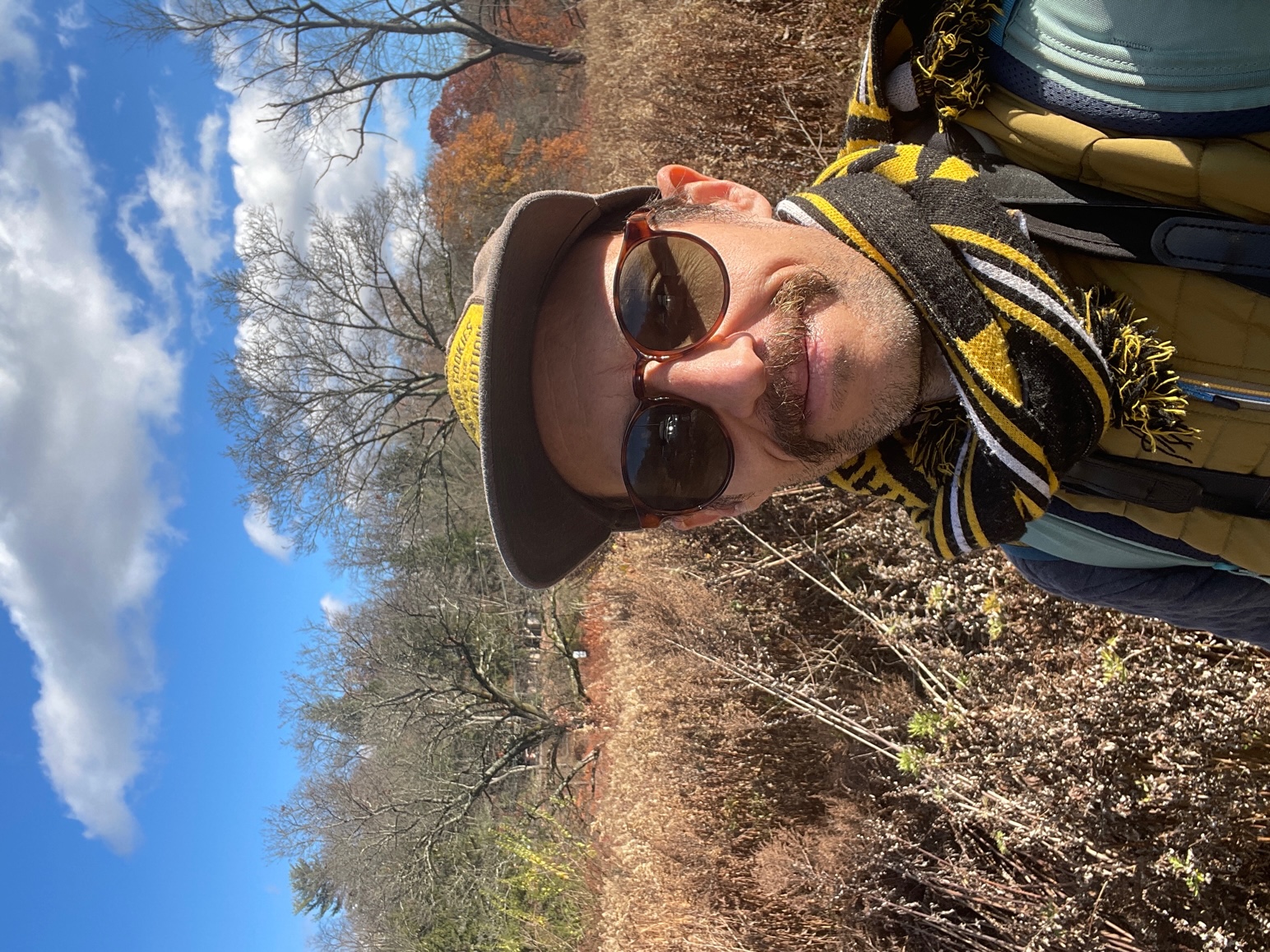
Will Martin
Will is a PhD Researcher and Teaching Fellow at the Carnegie Mellon School of Design. Will strives to design and implement transdisciplinary strategies to empower and inspire communities to cooperatively imagine and build radically inclusive, equitable, resilient, and prosperous futures. His research and work has taken many forms: web applications, data analysis/visualization, geospatial mapping, architectural designs, documentary films, science fiction stories, labor activism, policy design, teaching, and parenting. With a diverse background in economics, geography, documentary media, architecture, urban planning, and data science, Will works collaboratively with a broad range of teams to design and deploy tools that evolve our shared environments, be they physical or digital, imaginary or real, for the better.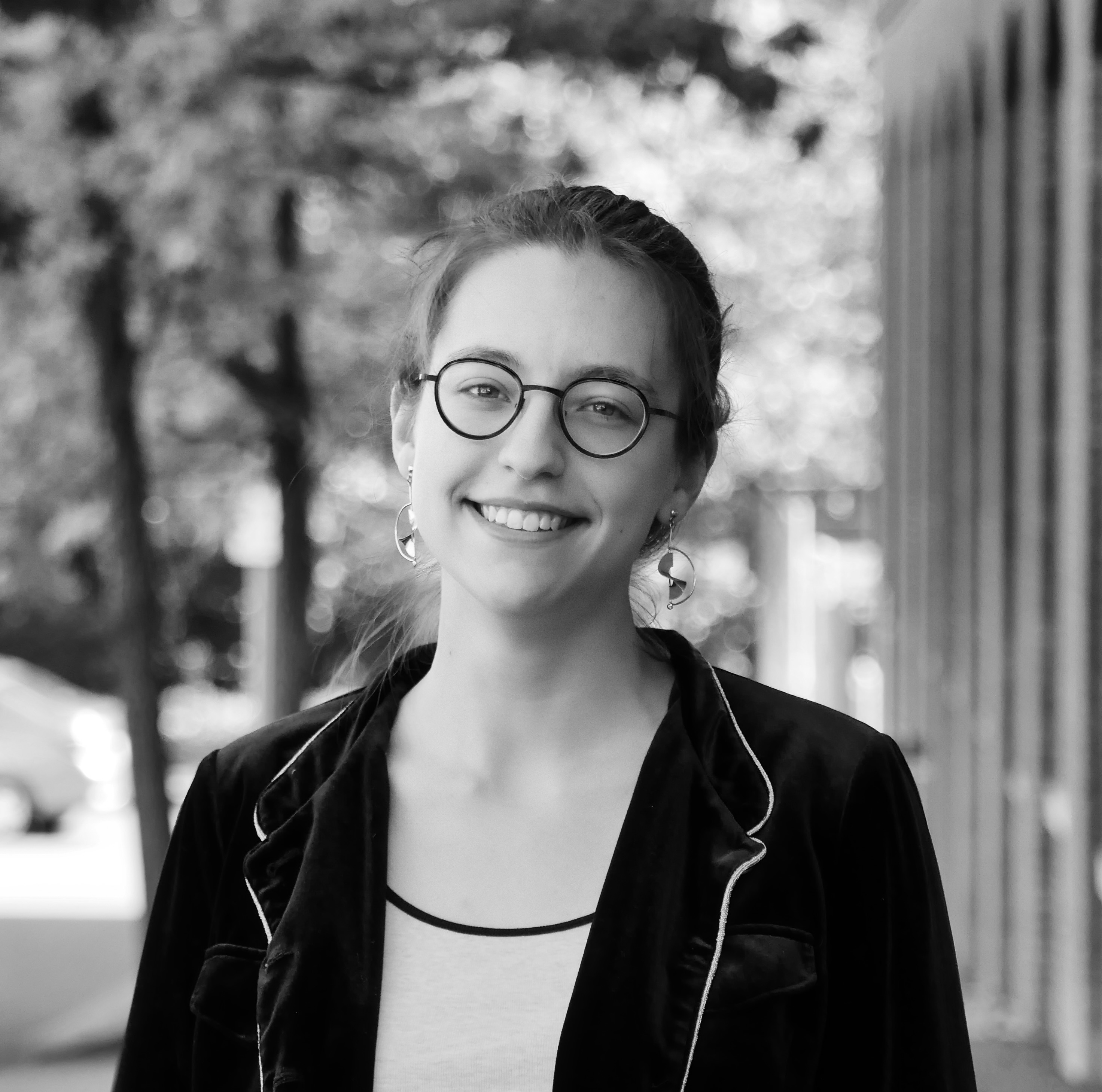
Hannah Morin
Hannah Morin is a joint PhD student across Engineering and Public Policy and Material Science and Engineering. She studies lithium ion battery degradation and its policy impacts for electric vehicles and energy systems.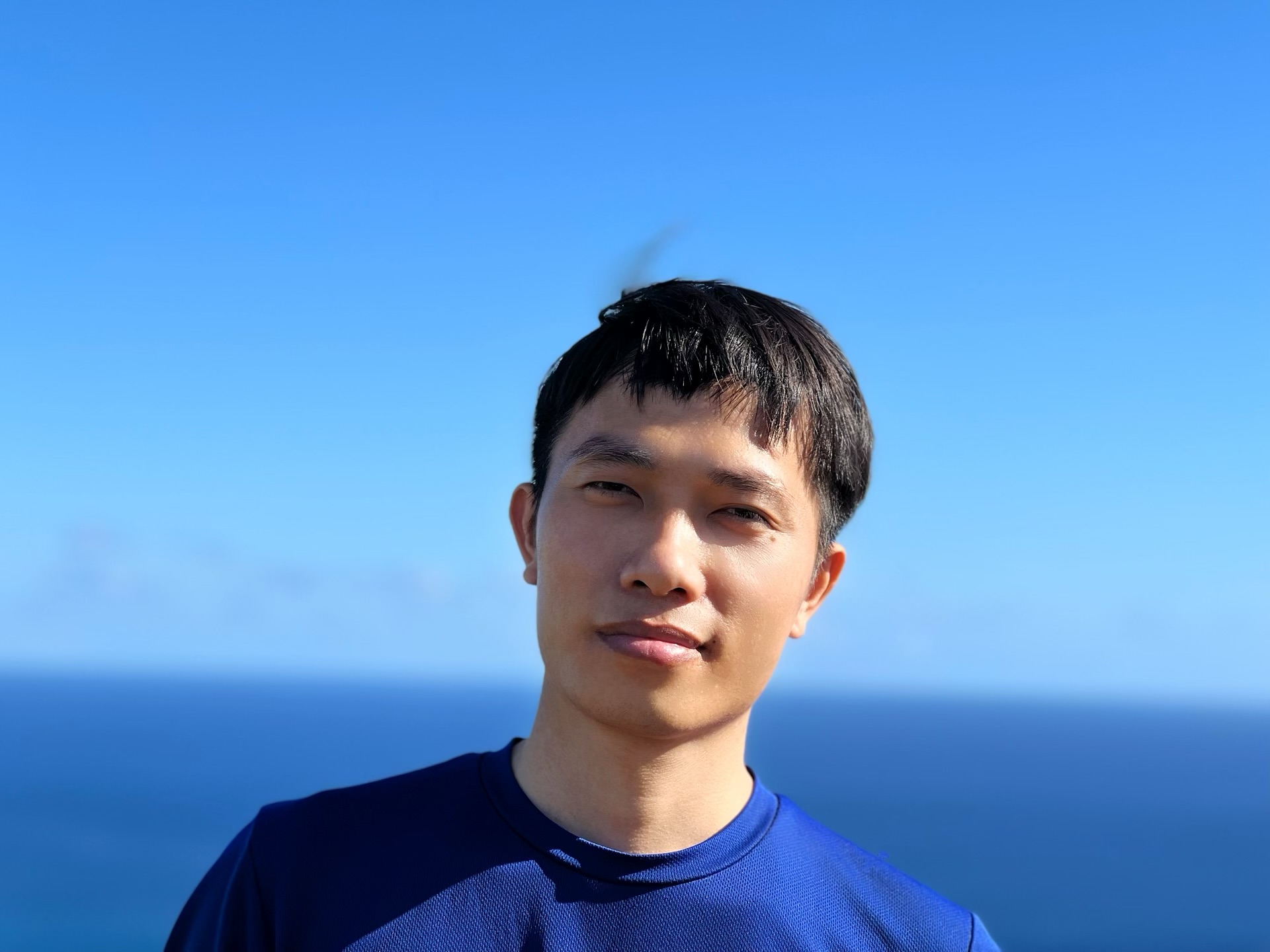
Minh Nguyen
I am a Postdoctoral Researcher at Broad College of Business, Michigan State University. My research focuses on transformative AI/ML and causal AI/ML in the contexts of information systems, business analytics, and computational social sciences. I am interested in collaborating with scholars from various fields.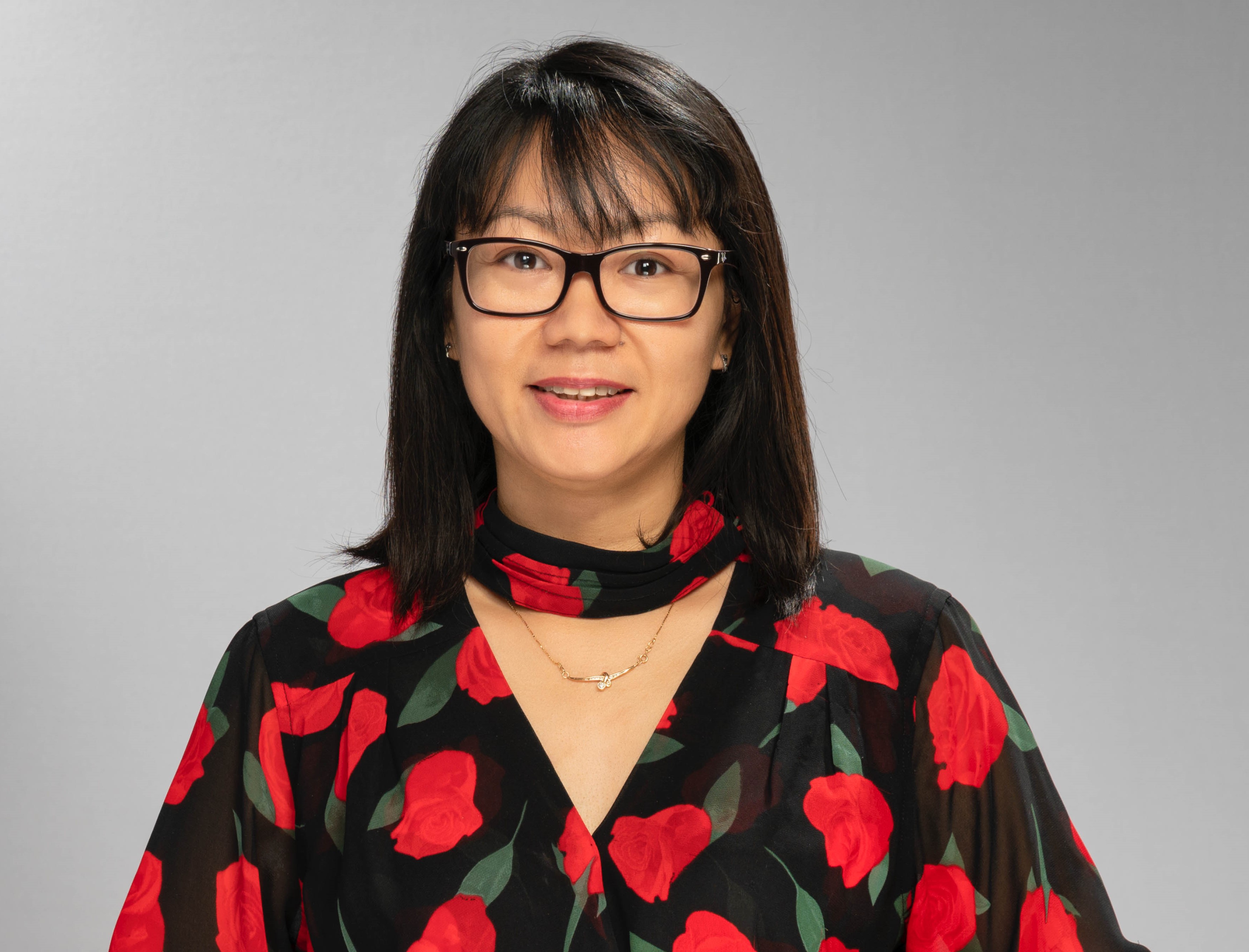
Hanh Phan
Hanh Phan is an Assistant Professor of Finance at Chatham University. She is interested in corporate finance, international finance, ESG, and real estate. Hanh is passionate about applying computational methods to her research.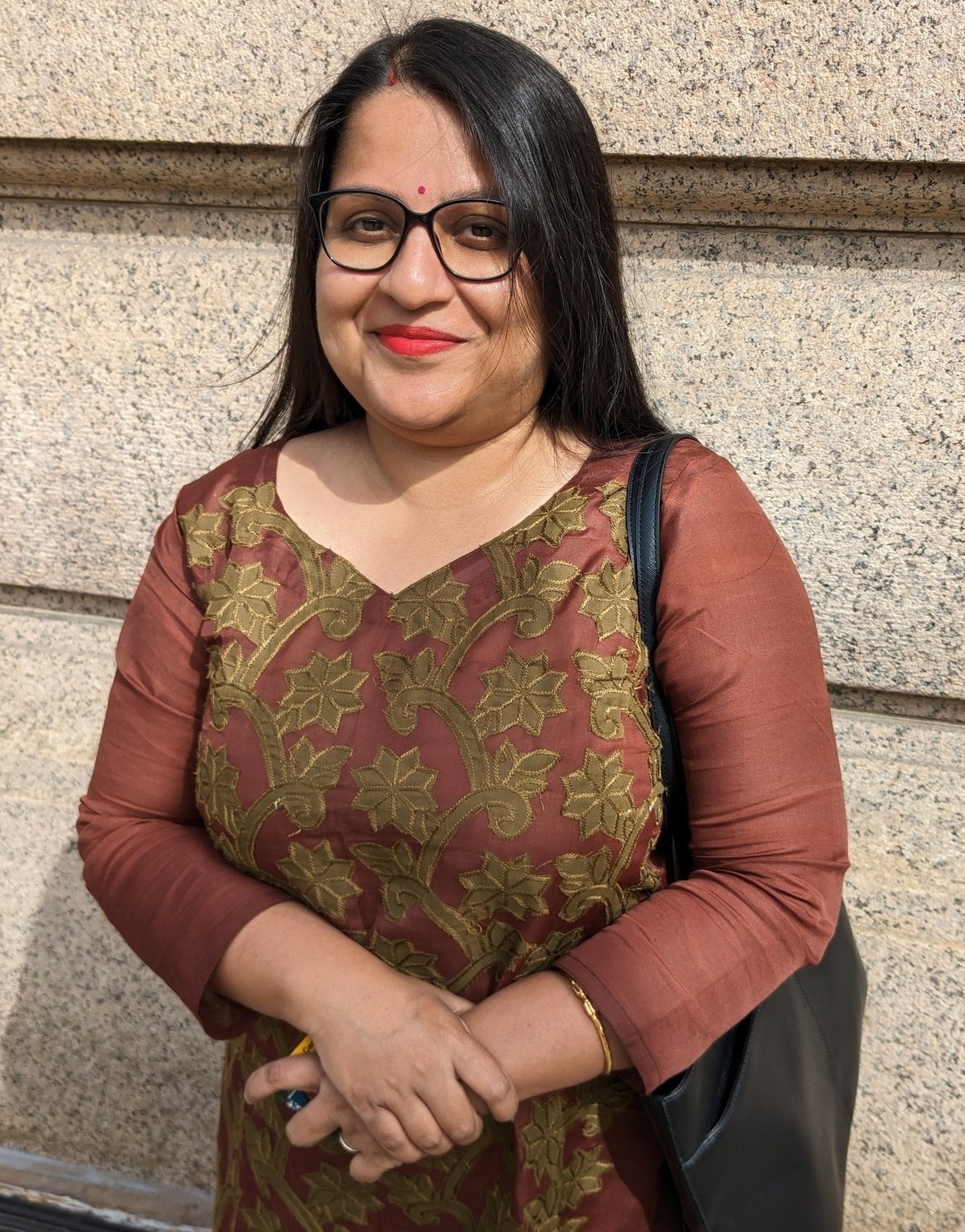
Kuheli Sai
Kuheli Sai is a researcher in the domain of Data Science for Societal Good, and a Ph.D. Candidate in Information Science at the University of Pittsburgh. She is interested in tackling societal, environmental, public sector, and technological problems that help make progress towards achieving Sustainable Development Goals. She uses concepts from data science and machine learning and primarily adopts empirical methods that specifically aim to solve social good problems. Her research simultaneously has implications for contributing towards policy development.
Yufei Song
Yufei Song is a graduate student at Carnegie Mellon University, pursuing a Master’s degree in Information Systems Management. She brings diverse experience across industries including healthcare, technology, and digital marketing. Proficient in Python, SQL, and data visualization tools, she is passionate about leveraging data science to uncover insights and deliver impactful solutions to real-world challenges.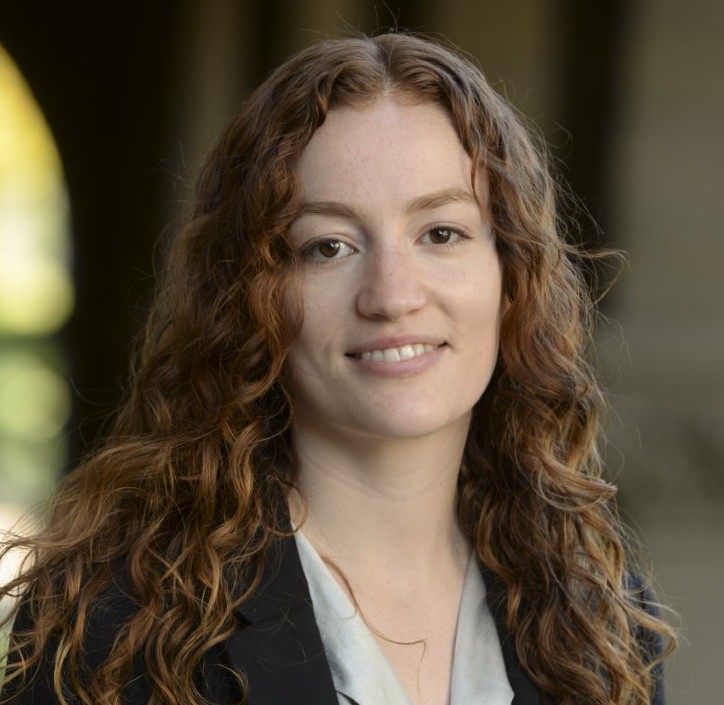
Adriana Stephan
Adriana Stephan is an artificial intelligence and cybersecurity researcher and policy analyst. She is PhD student at the Oxford Internet Institute currently researching how citizens evaluate large language model systems.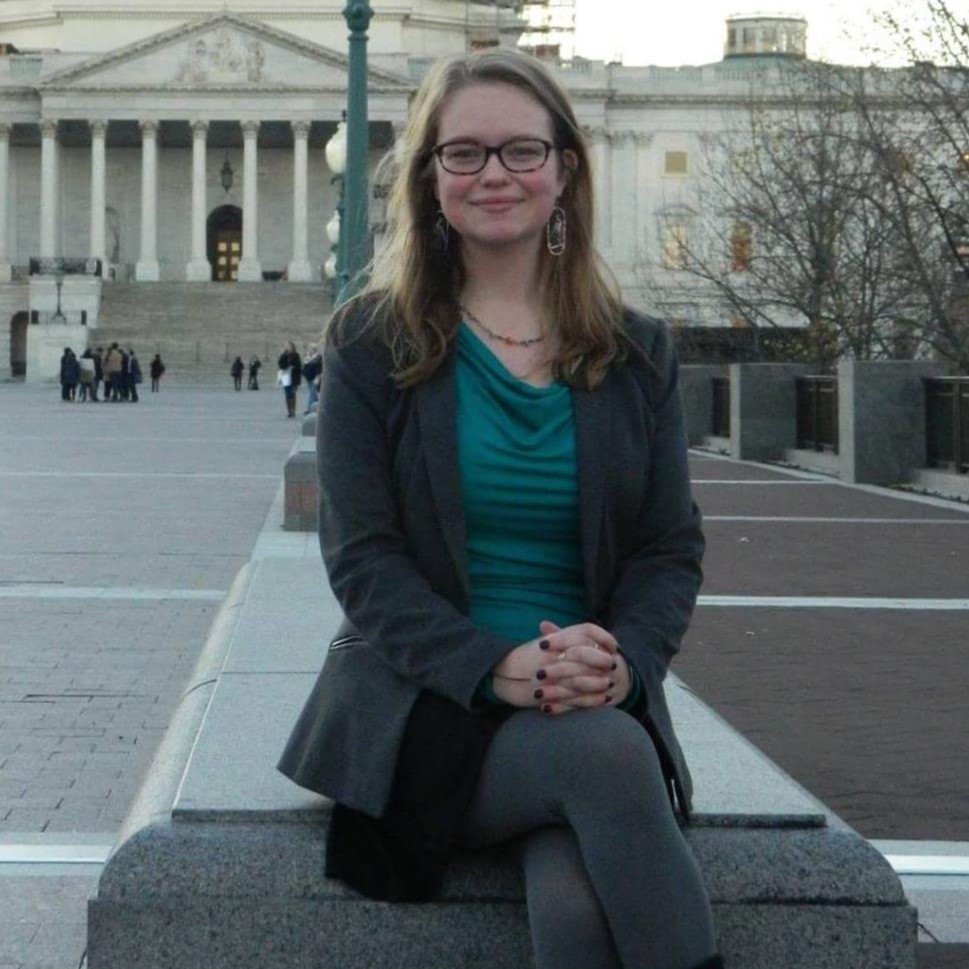
Chloe Thompson
Chloe Thompson is a PhD student in the history department at Carnegie Mellon University, where she studies environmental history and the history of technology.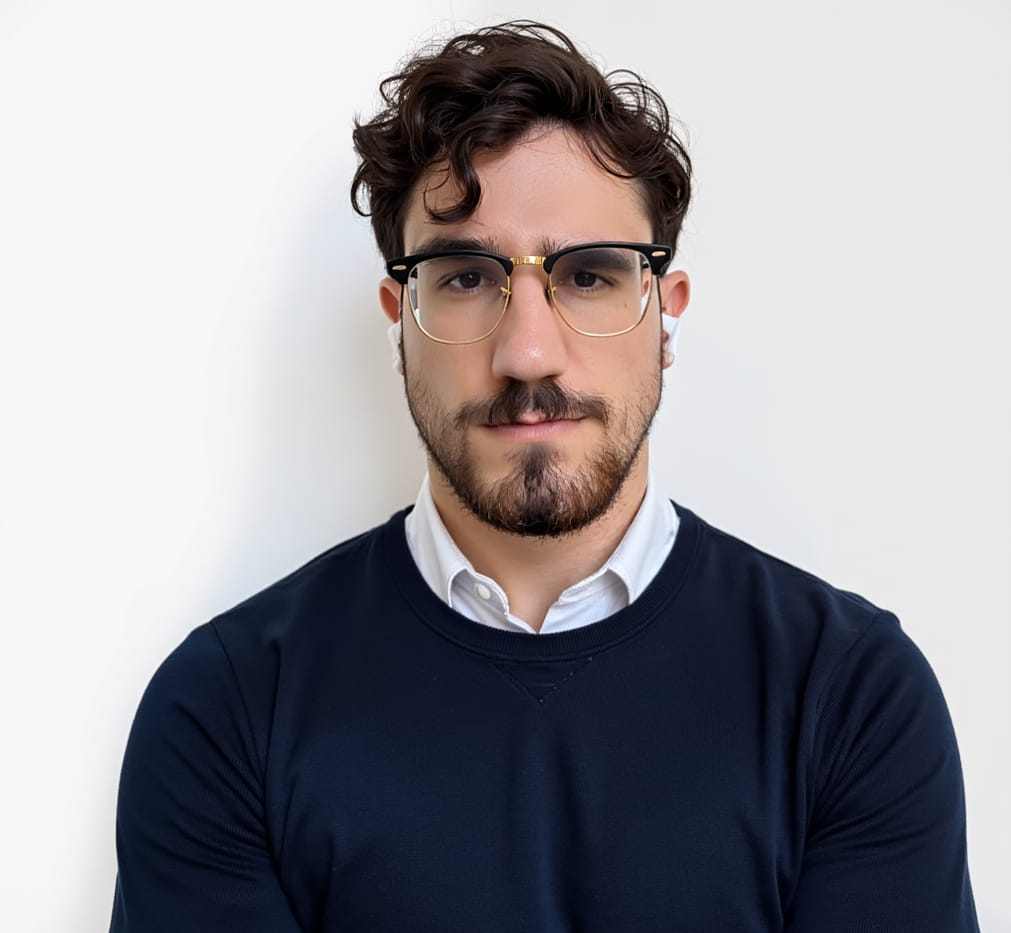
Evangelos Vaiannis
Evangelos Vaiannis recently graduated from the master's program in Sociology at Columbia University. Before attending Columbia, he was the top rank student at the Department of Political Science and Public Administration (National and Kapodistrian University of Athens). He is a devoted fan of European football.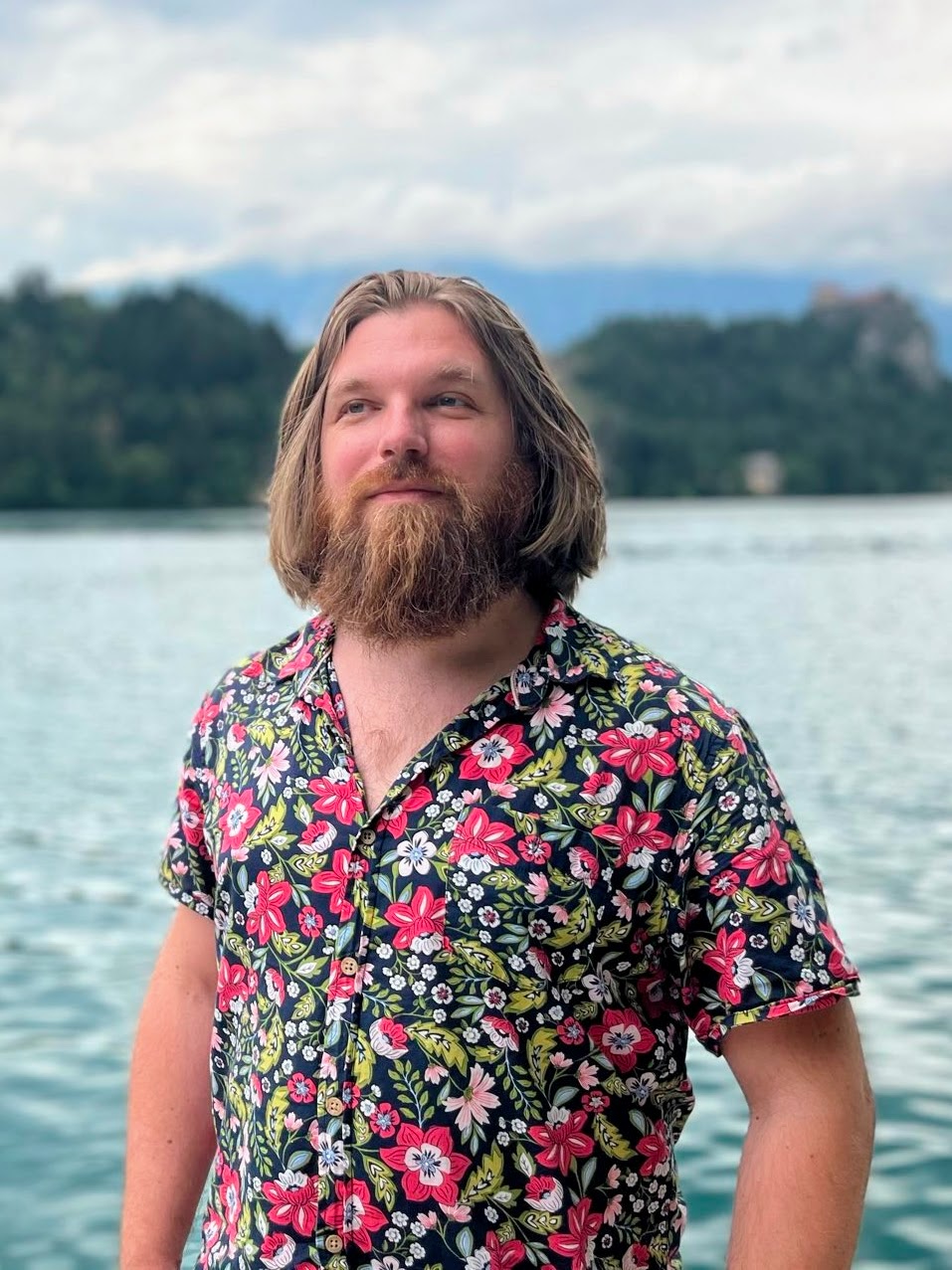
Ian Williams
Ian G. Williams is a doctoral student at the PhD Program in Social Welfare at the CUNY Graduate Center, where he researches digital literacies, datafication, and innovation diffusion in the human services and welfare states. In approaching computational research Ian melds his background as a social worker, lived experience in democratic and participatory organizations, and interest in data activism and civic tech networks. Ian received an Advanced Certificate in Interactive Technology and Pedagogy from the CUNY Graduate Center, an MSW in Organizational Management and Leadership from The Silberman School of Social Work at Hunter College, and a BA in East Asian Studies, Cultural Studies, and World Religions from McGill University.